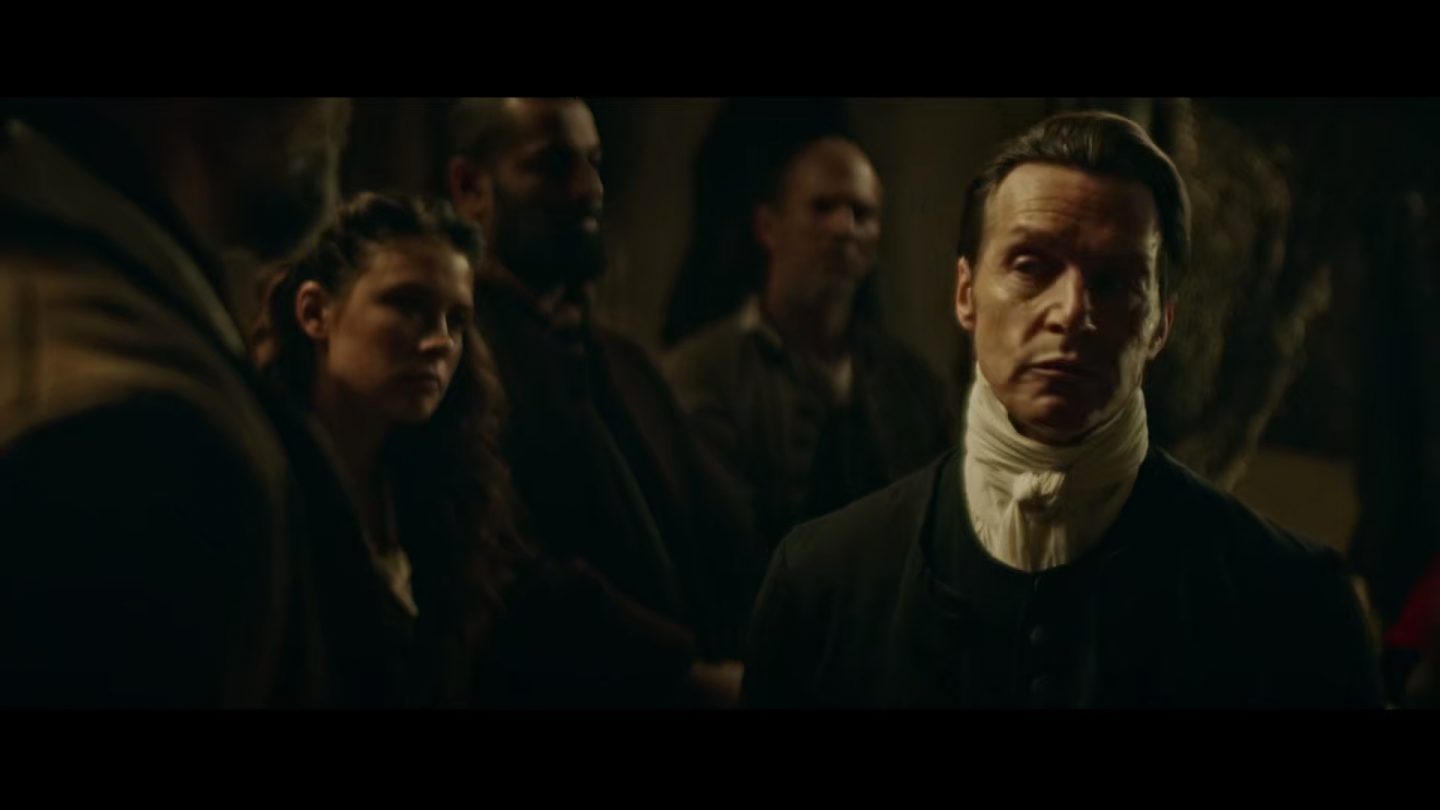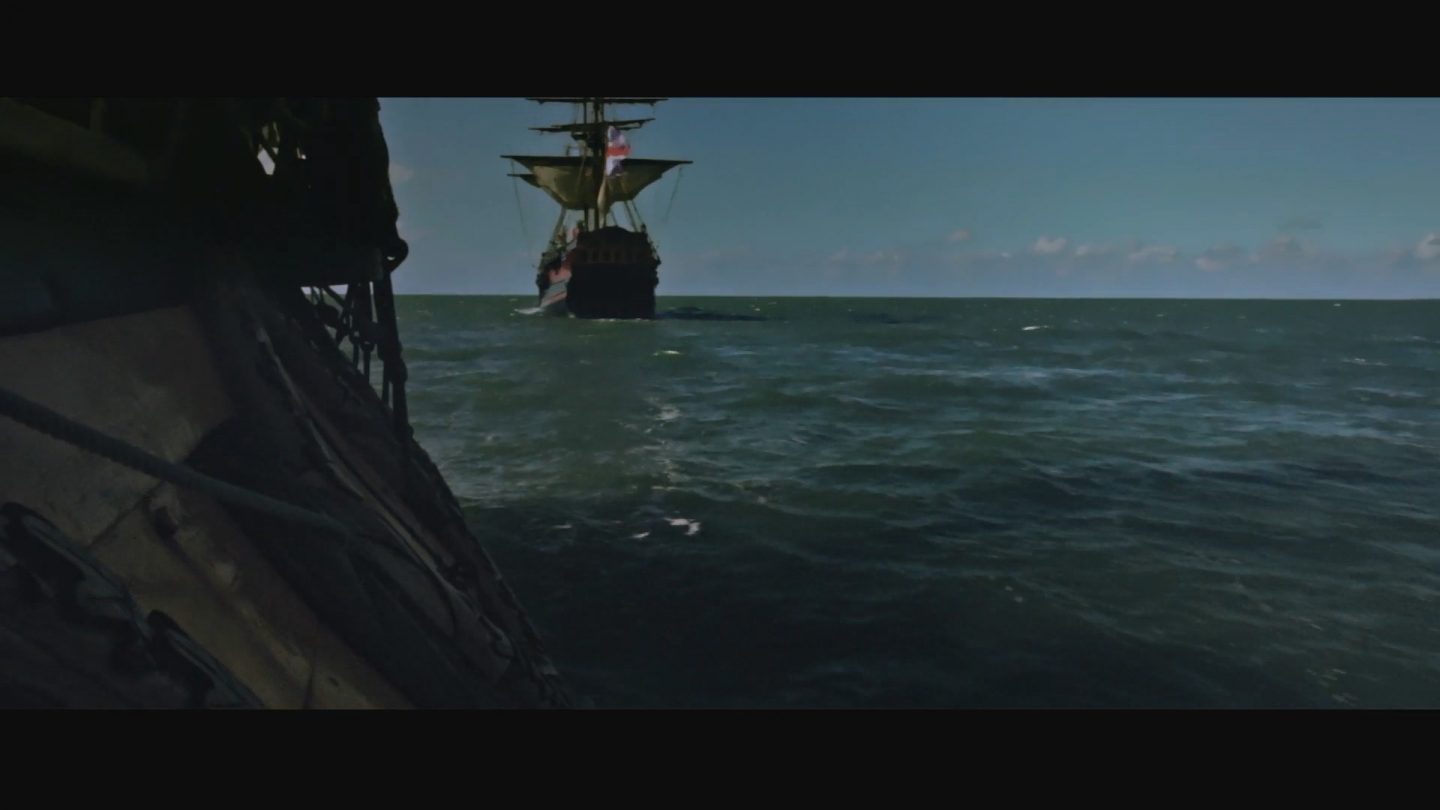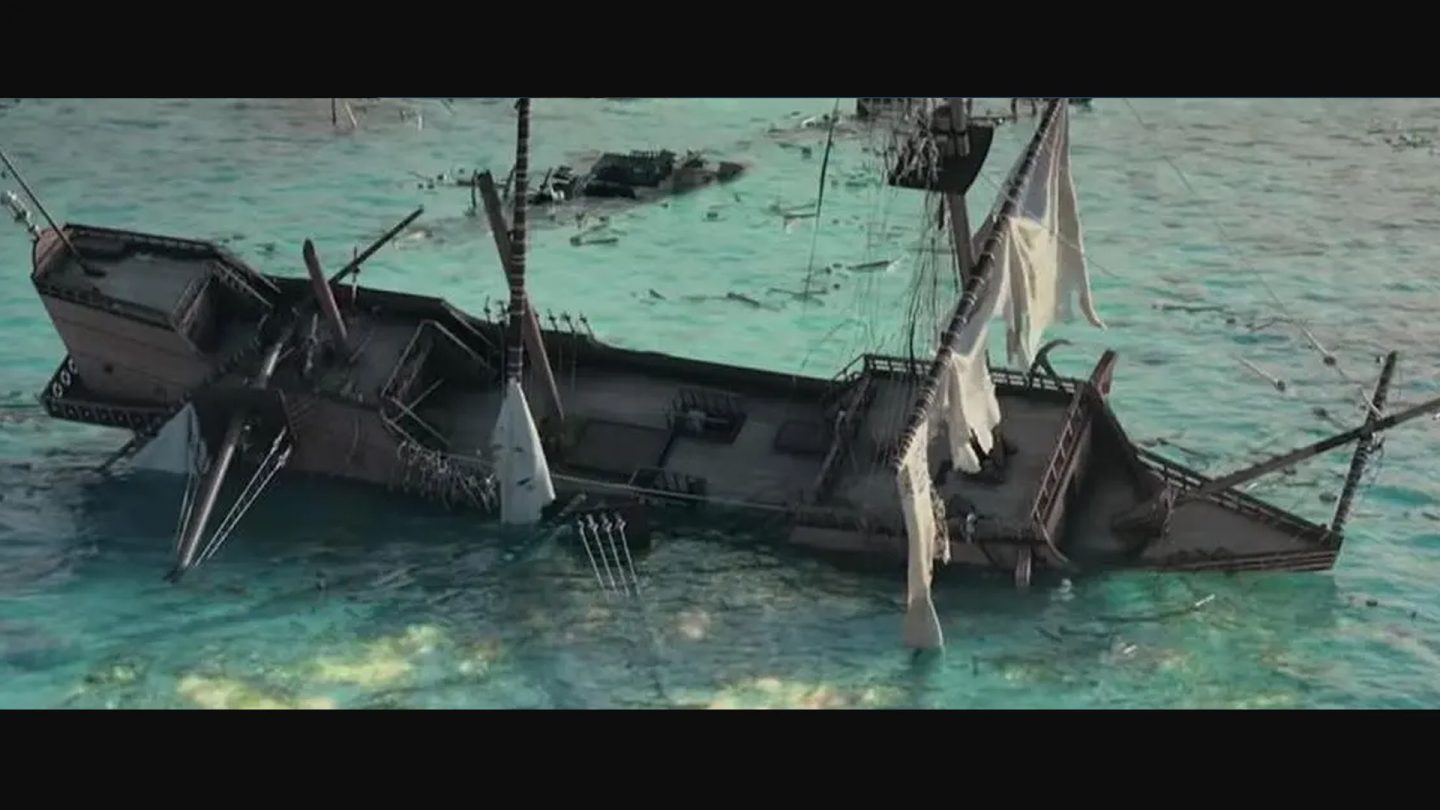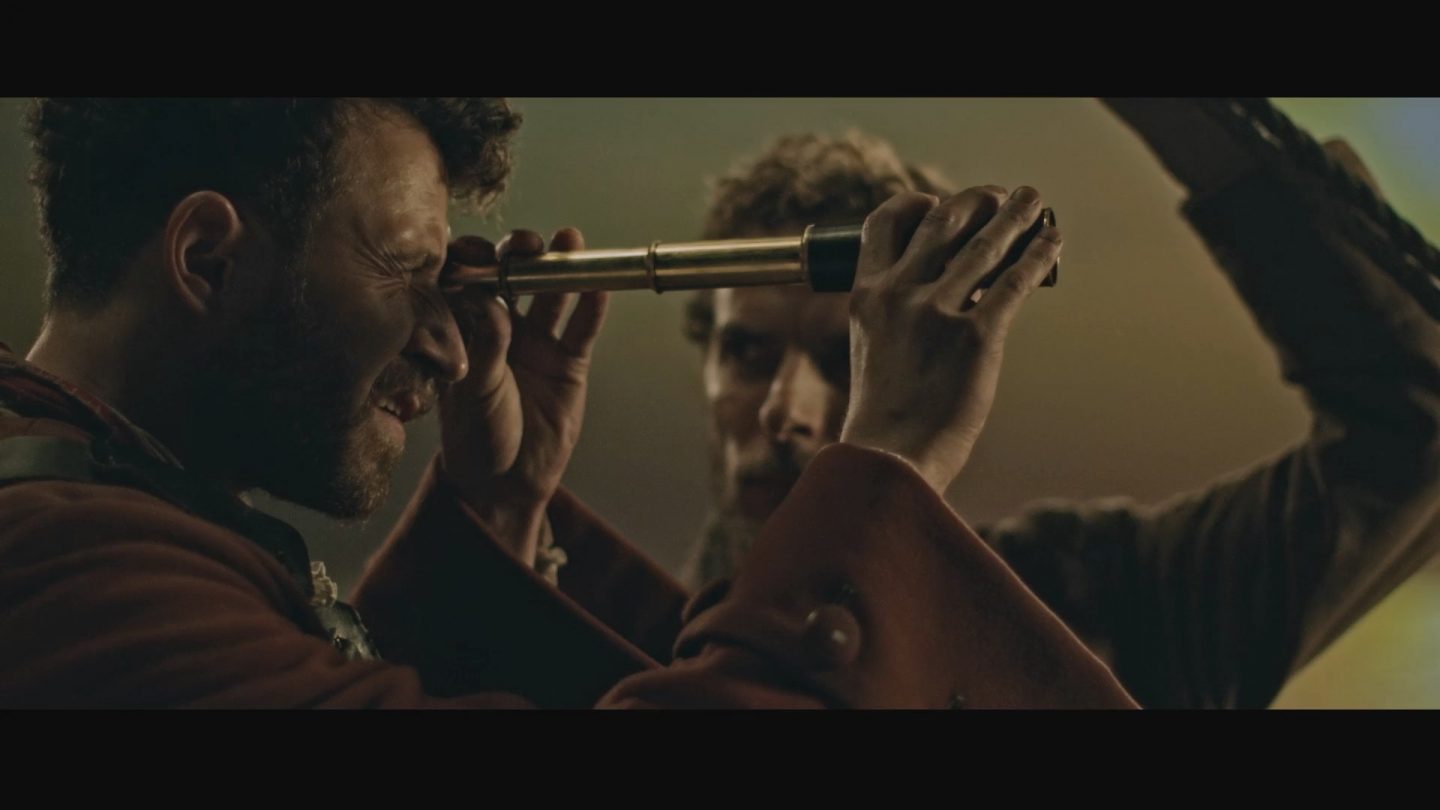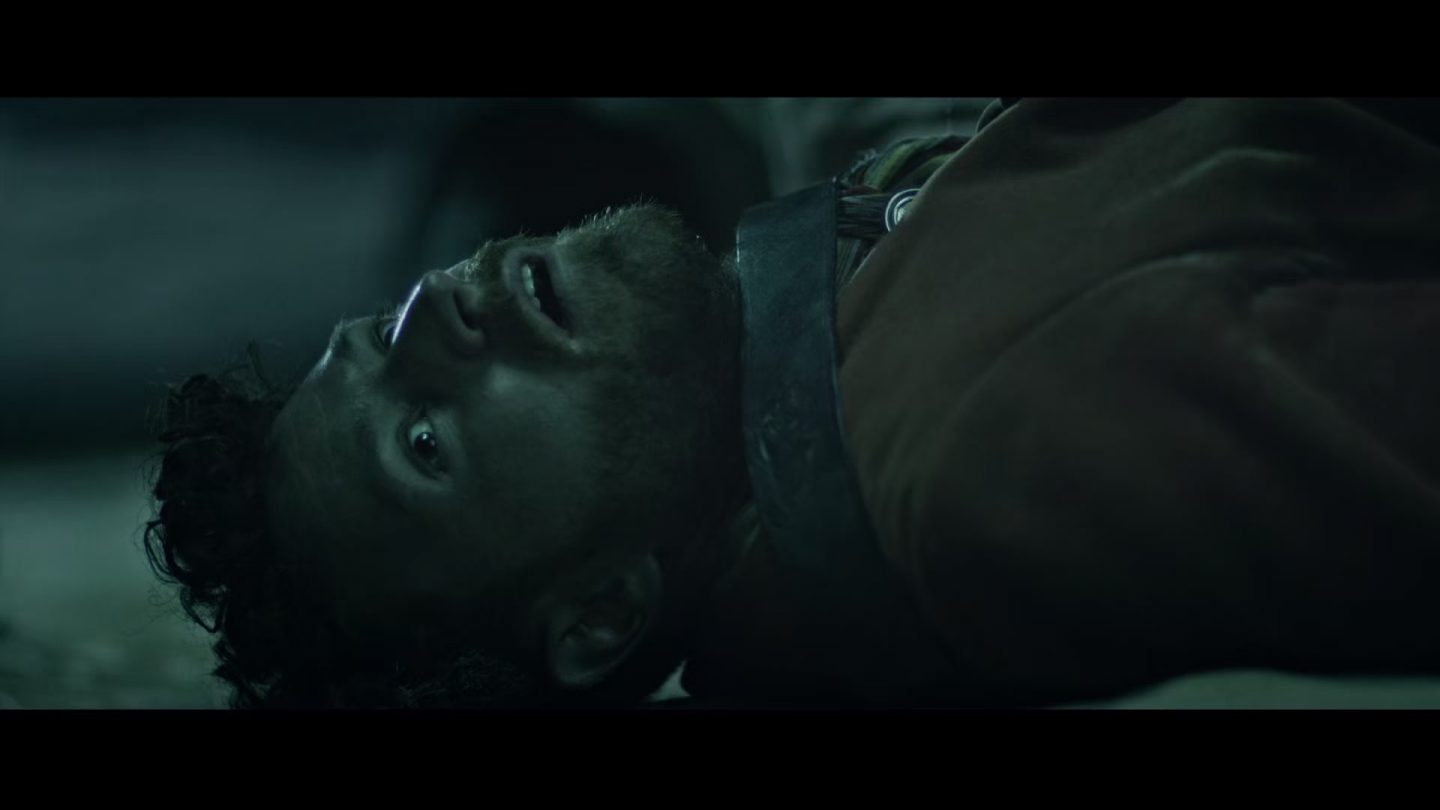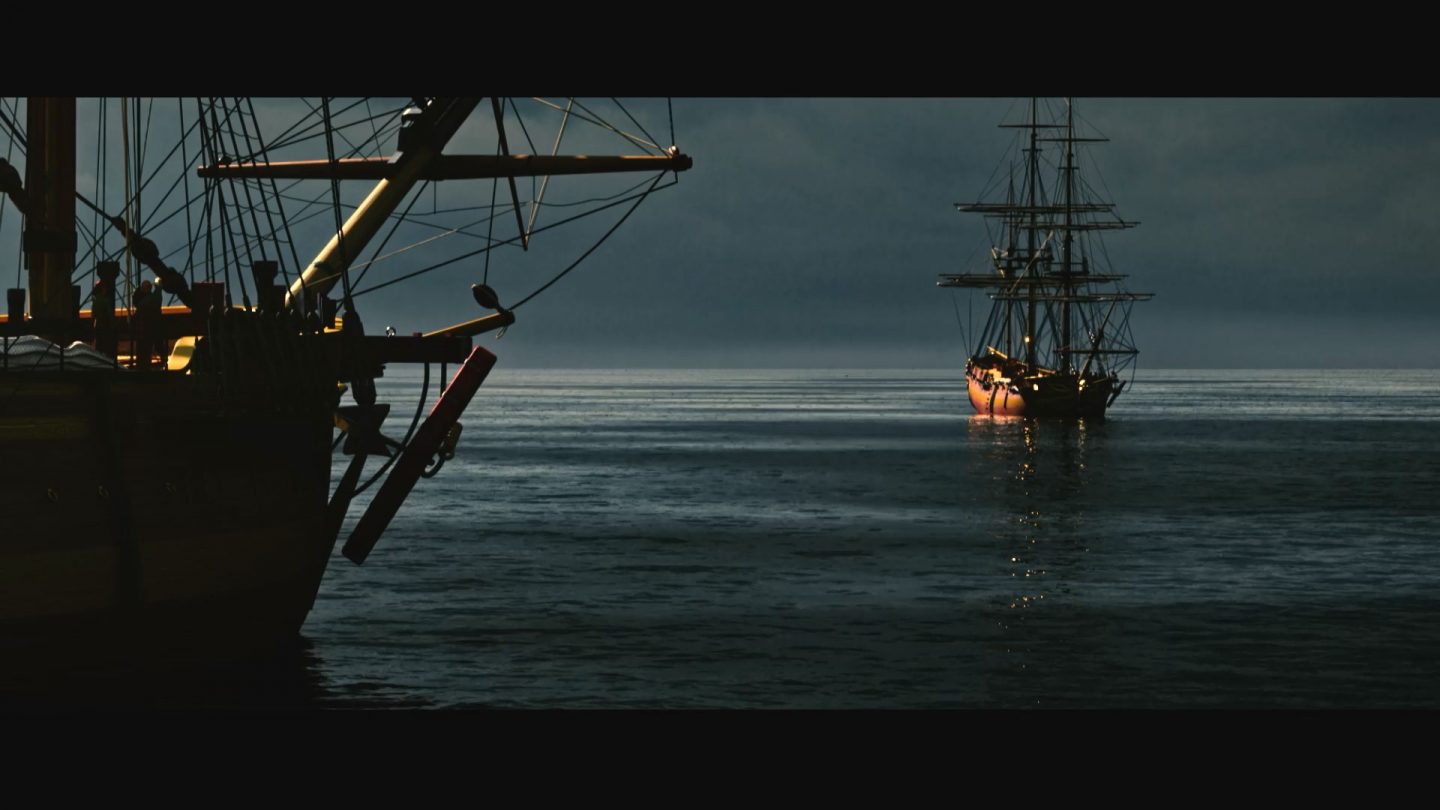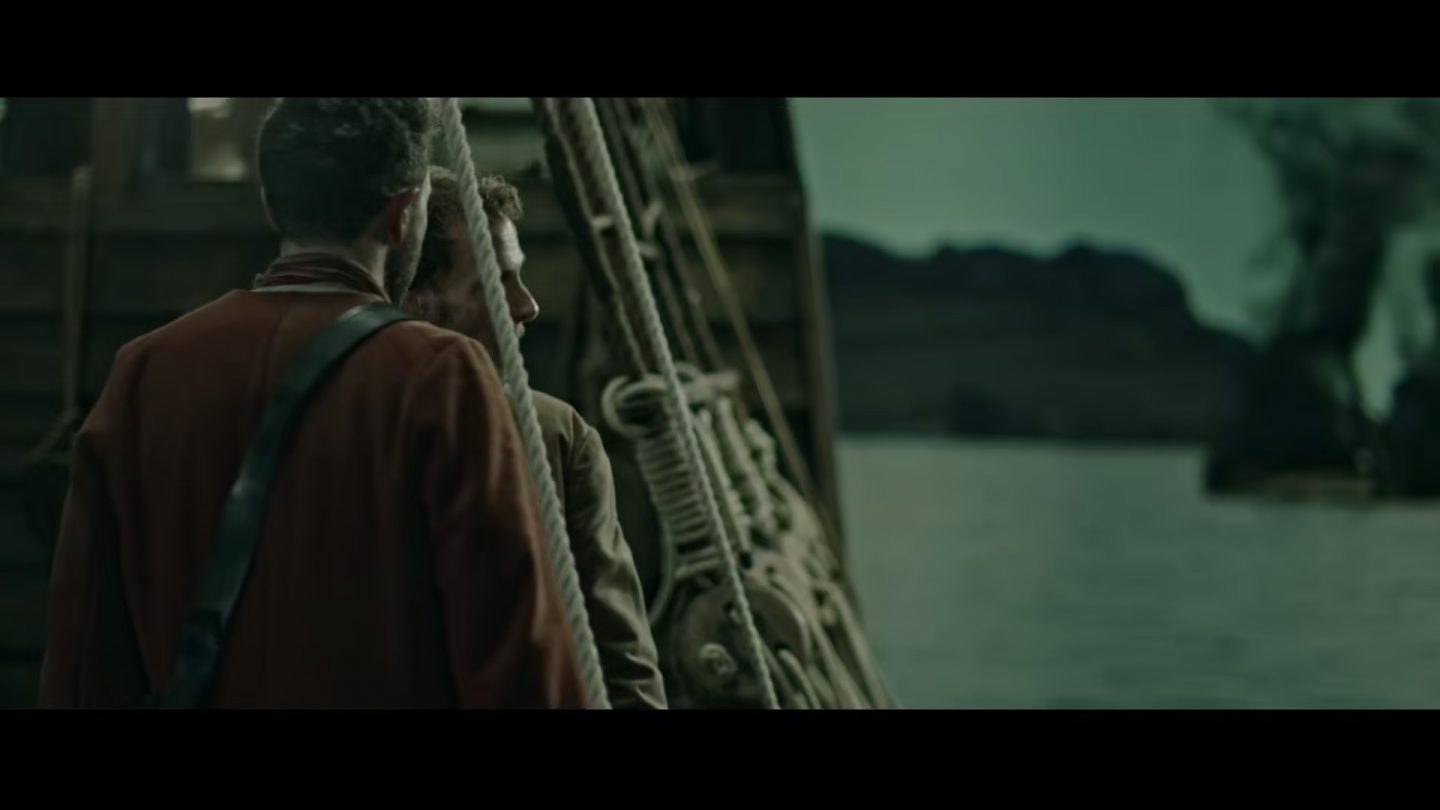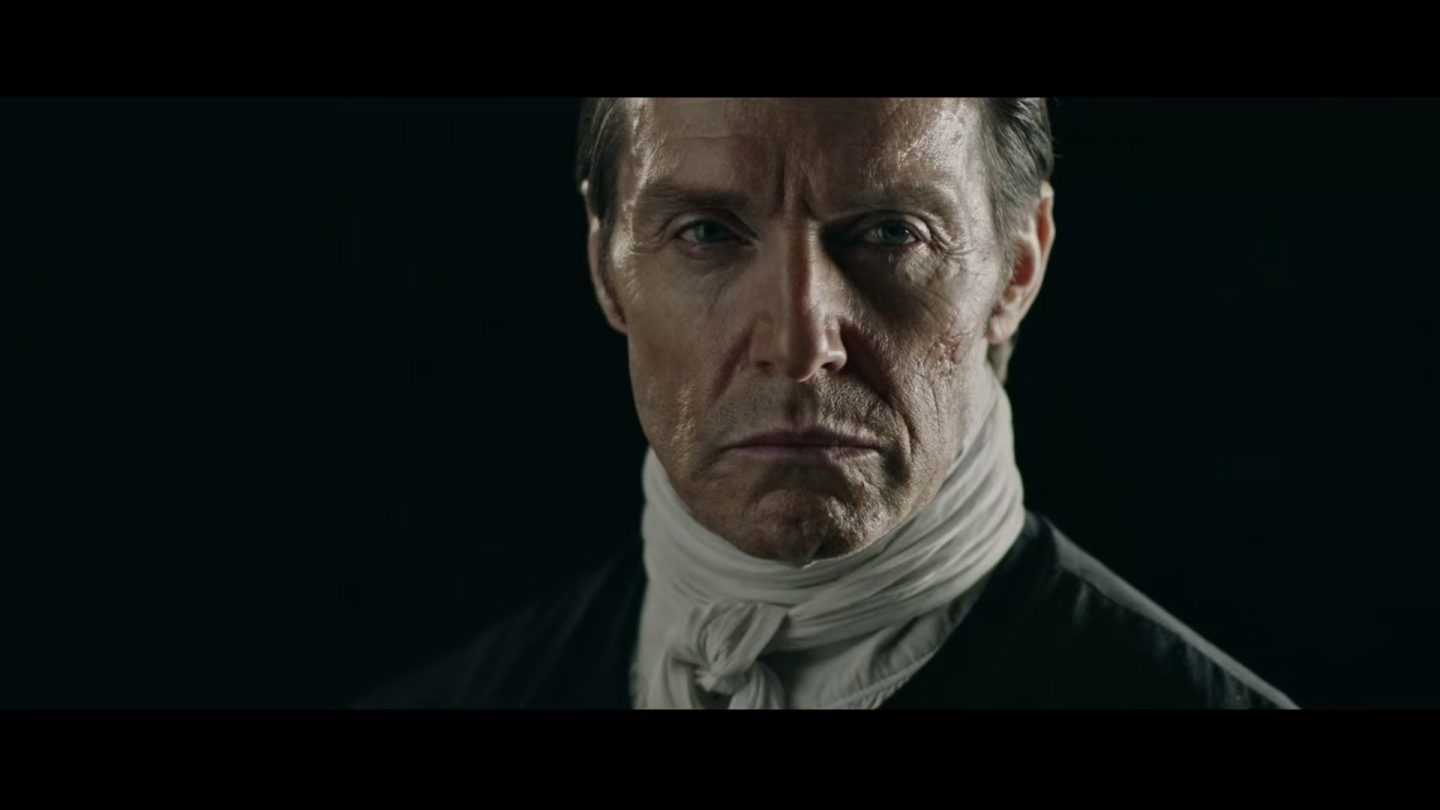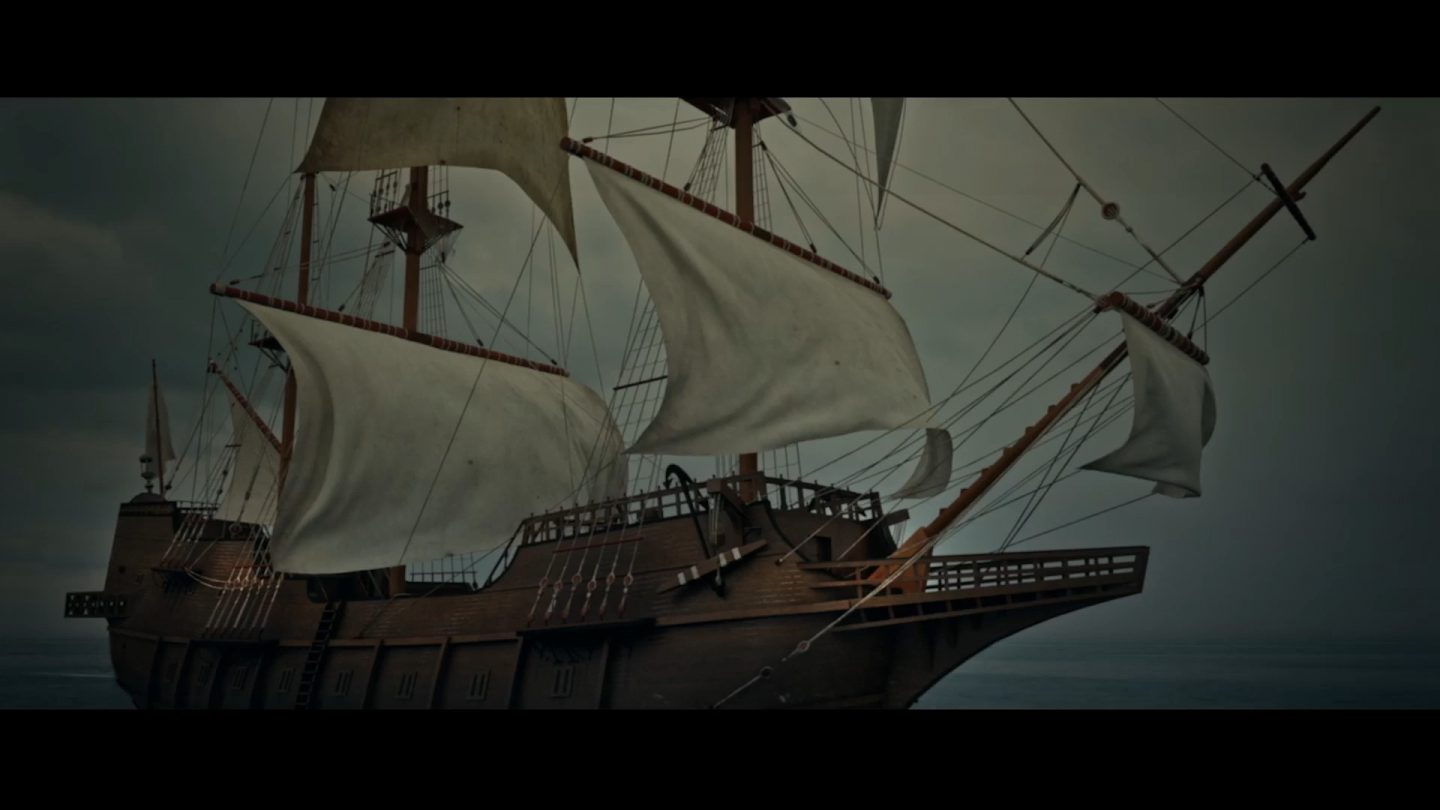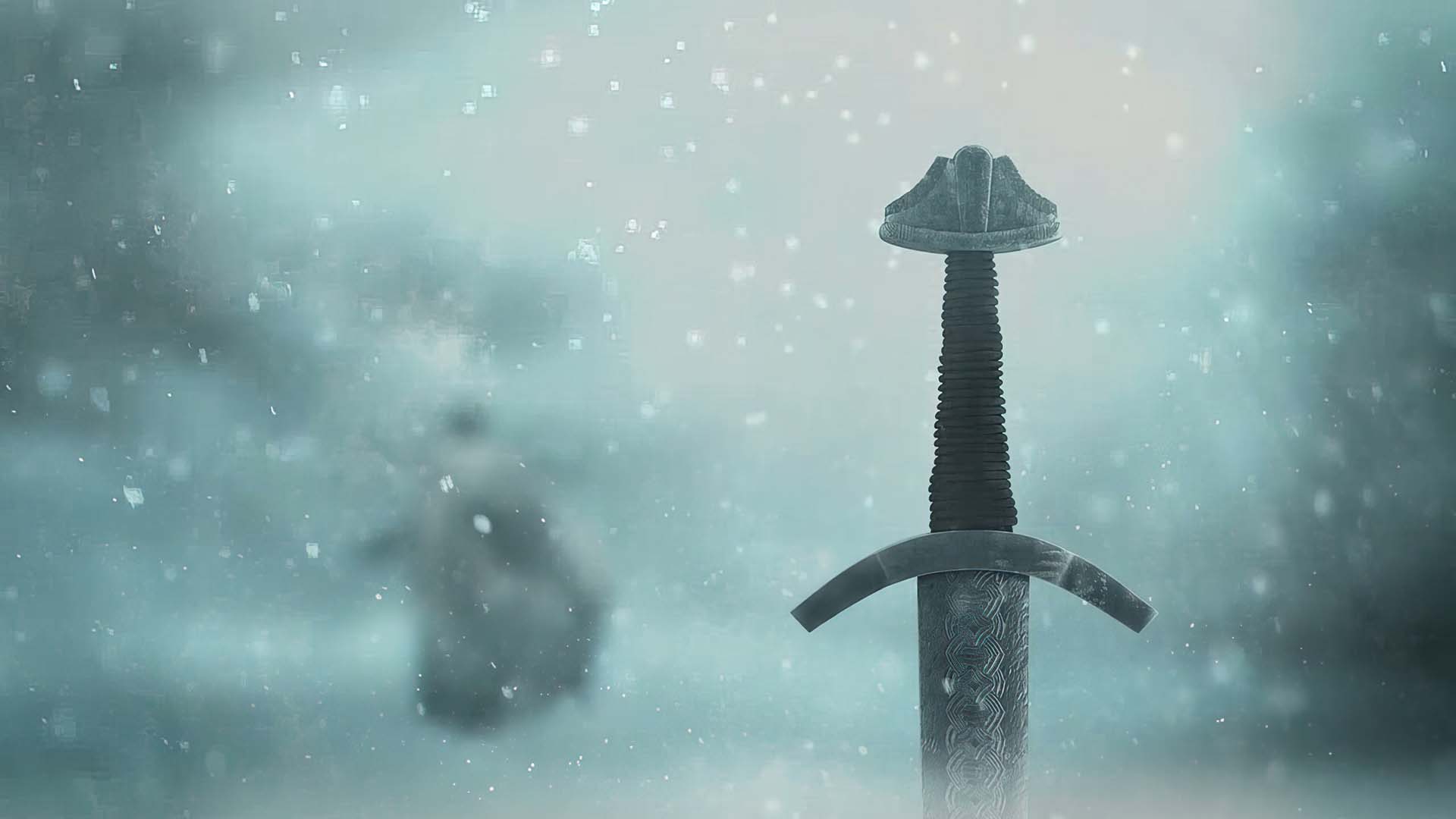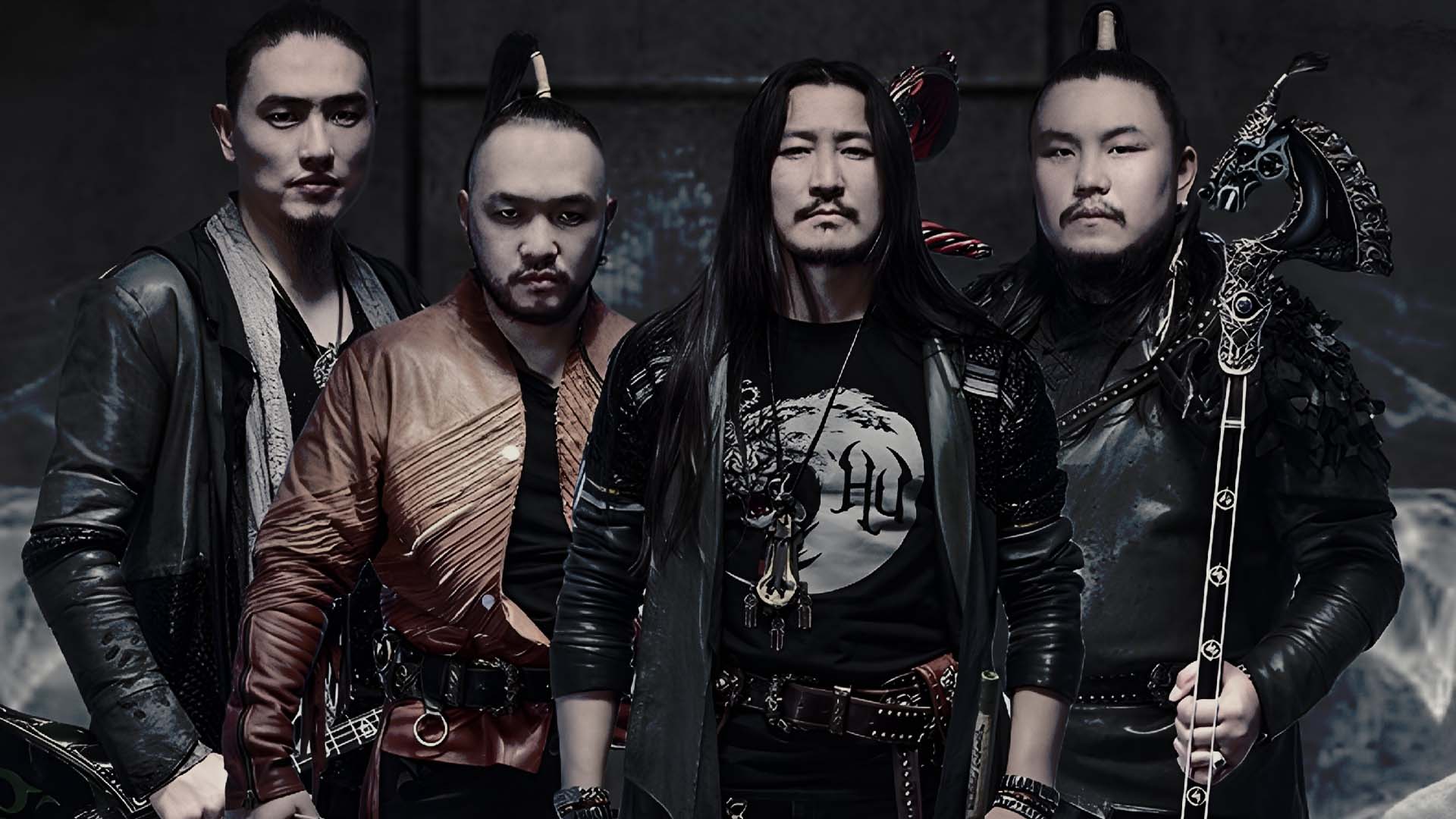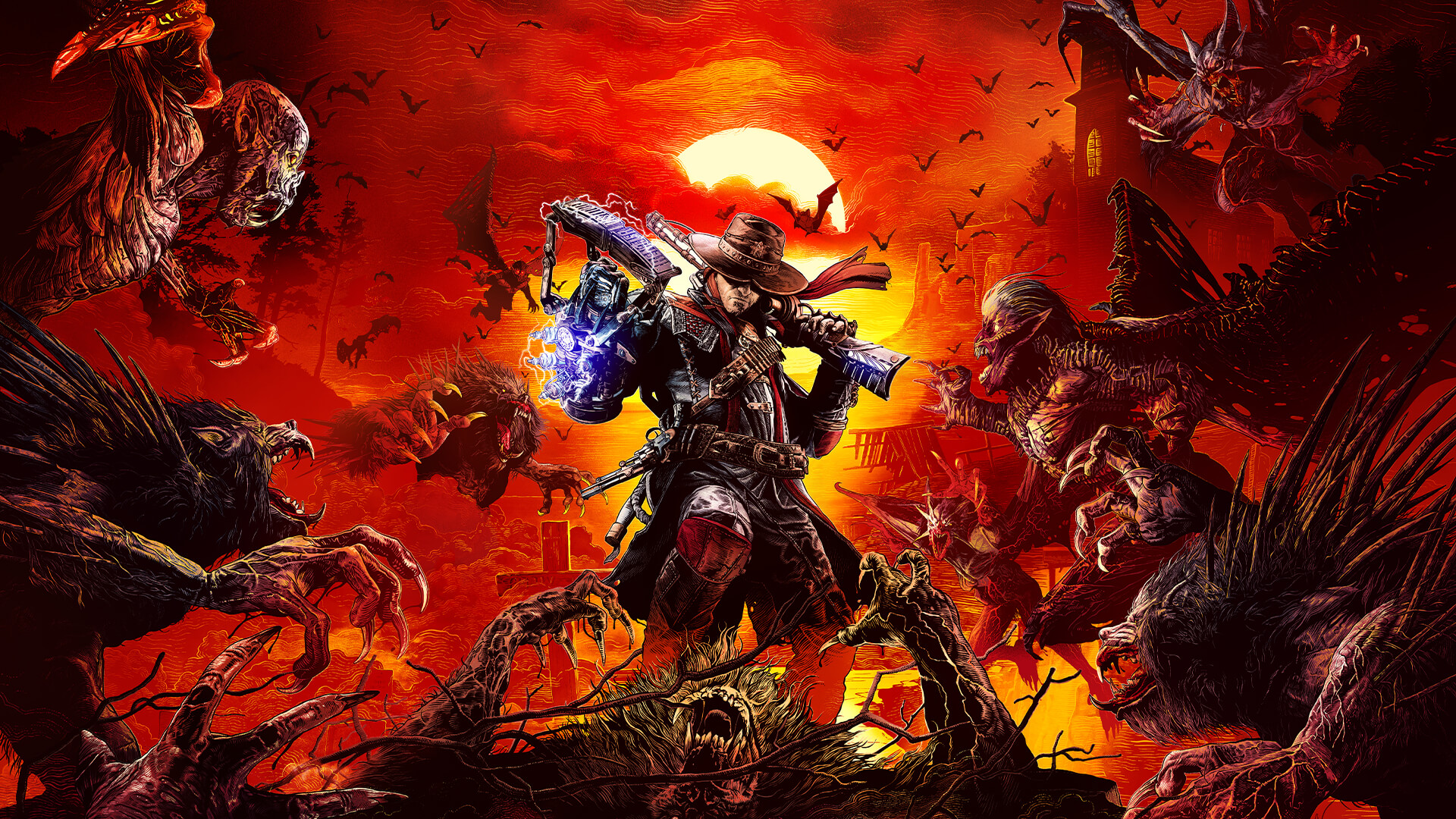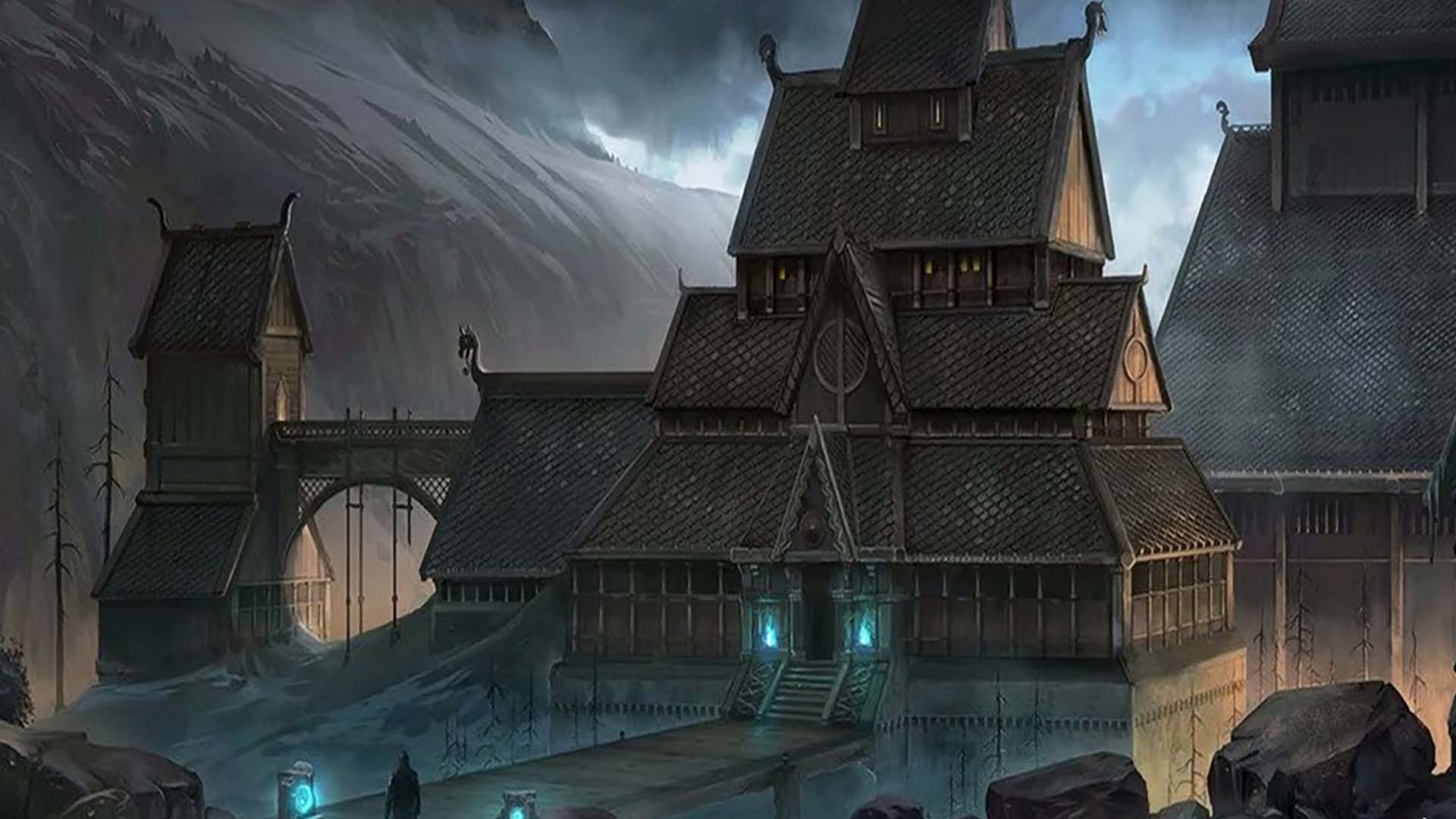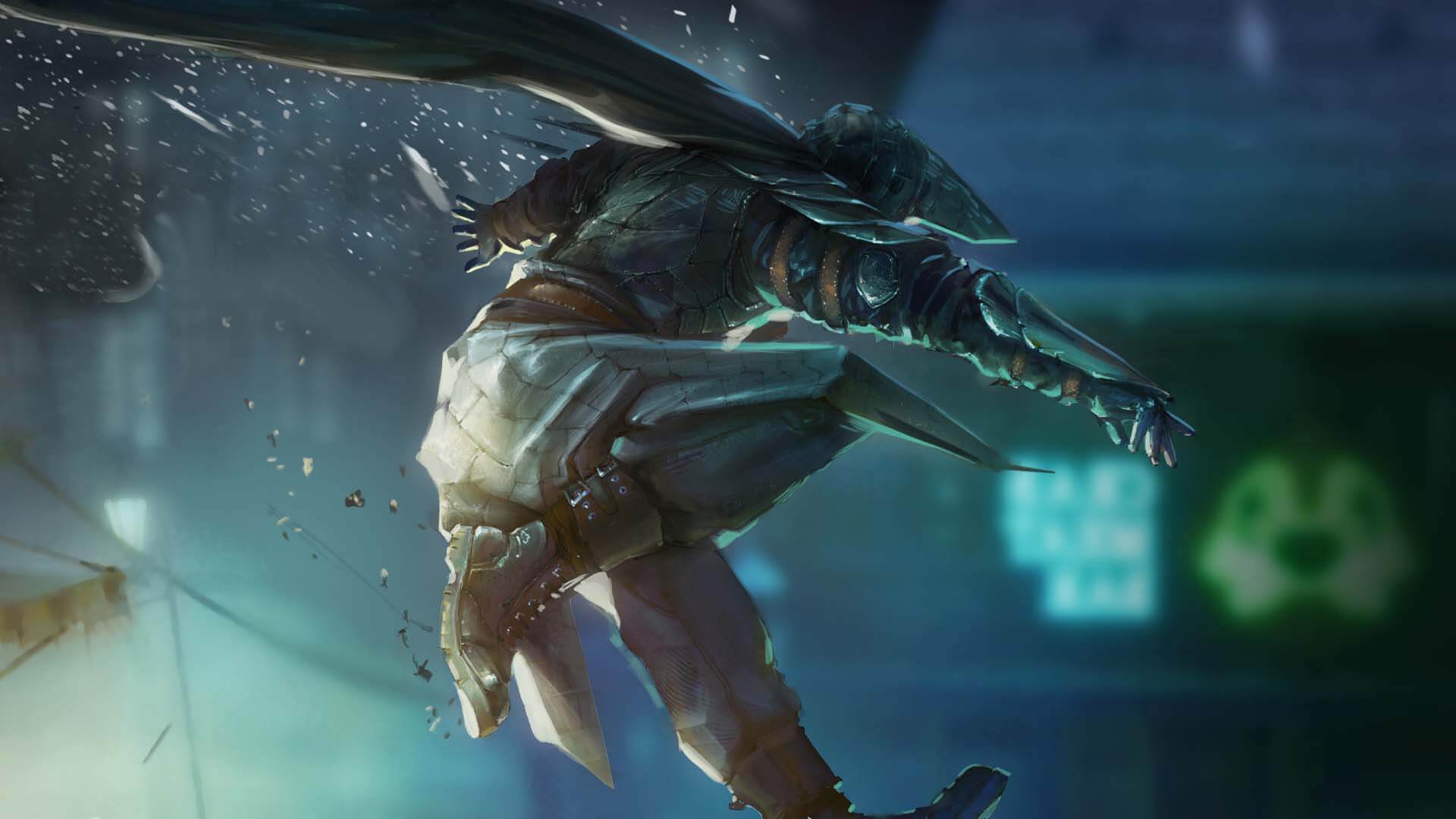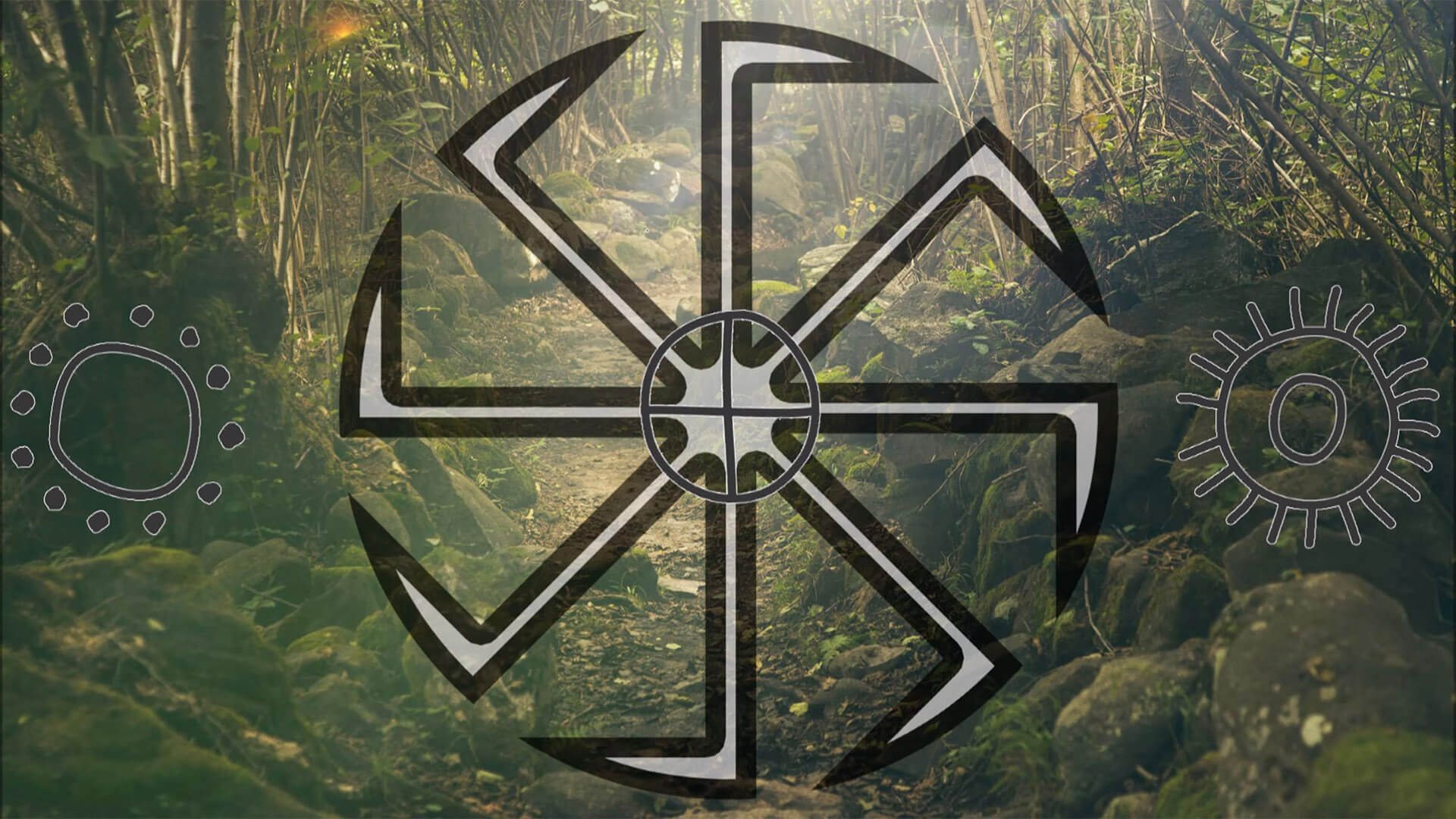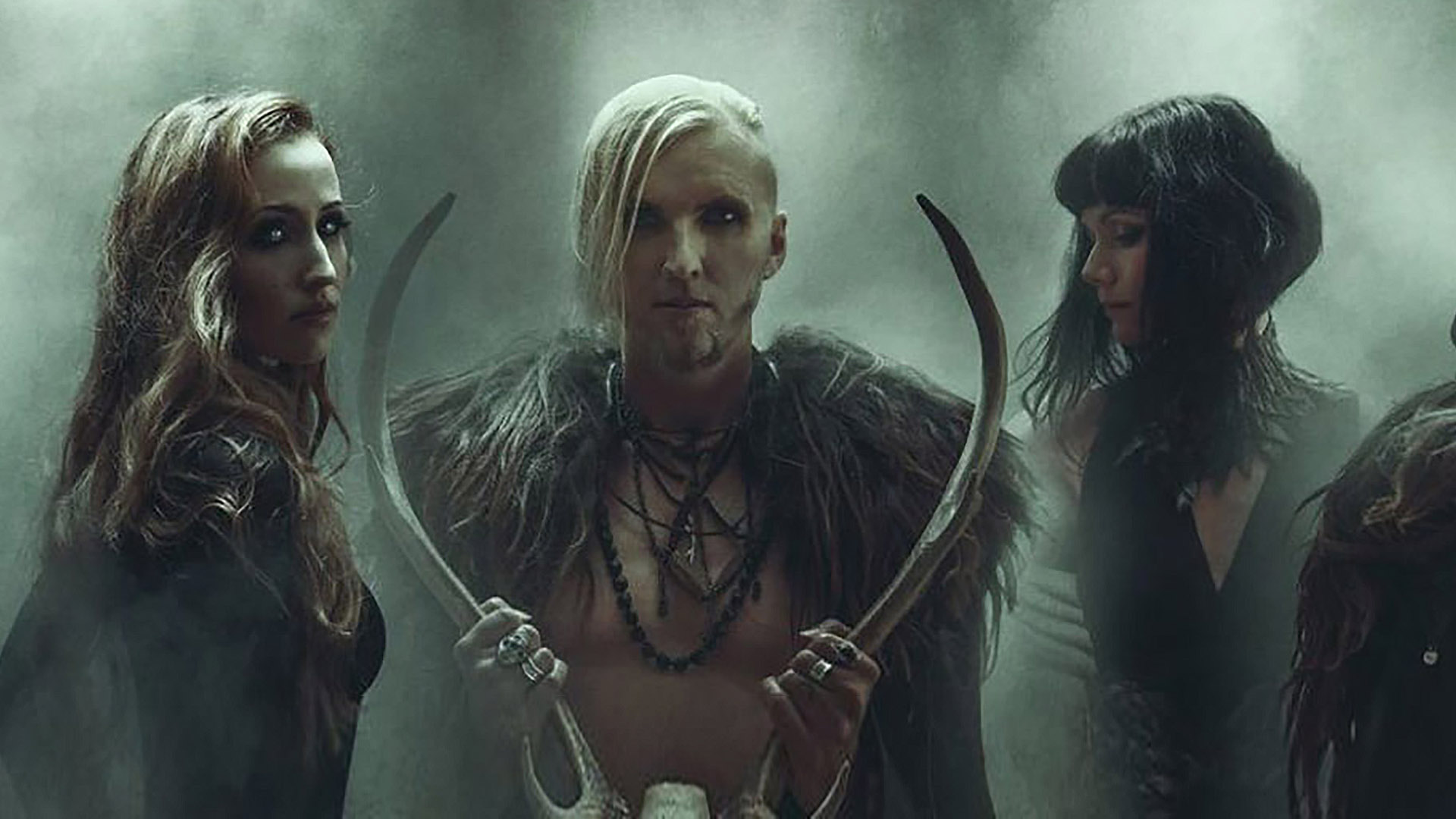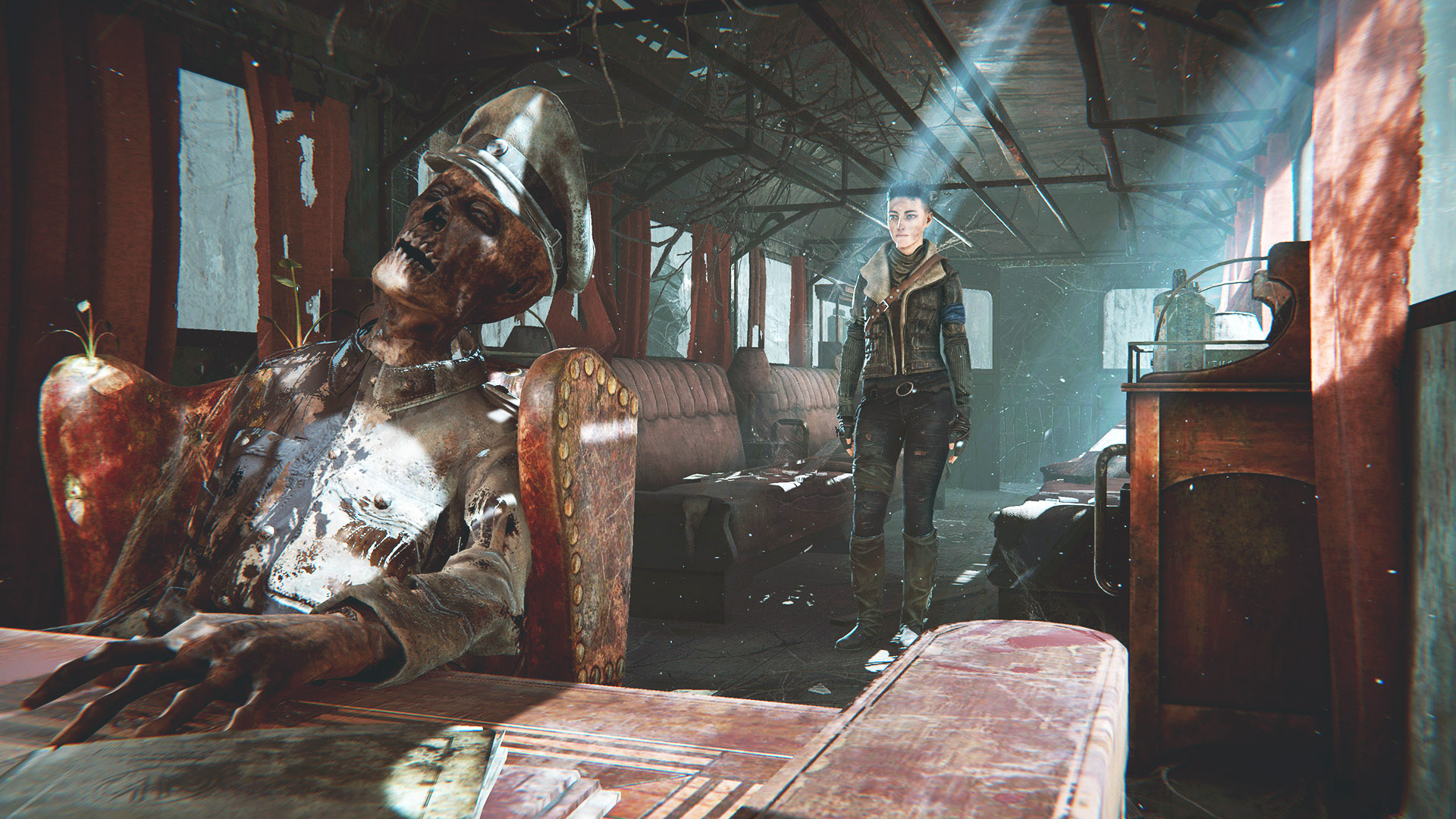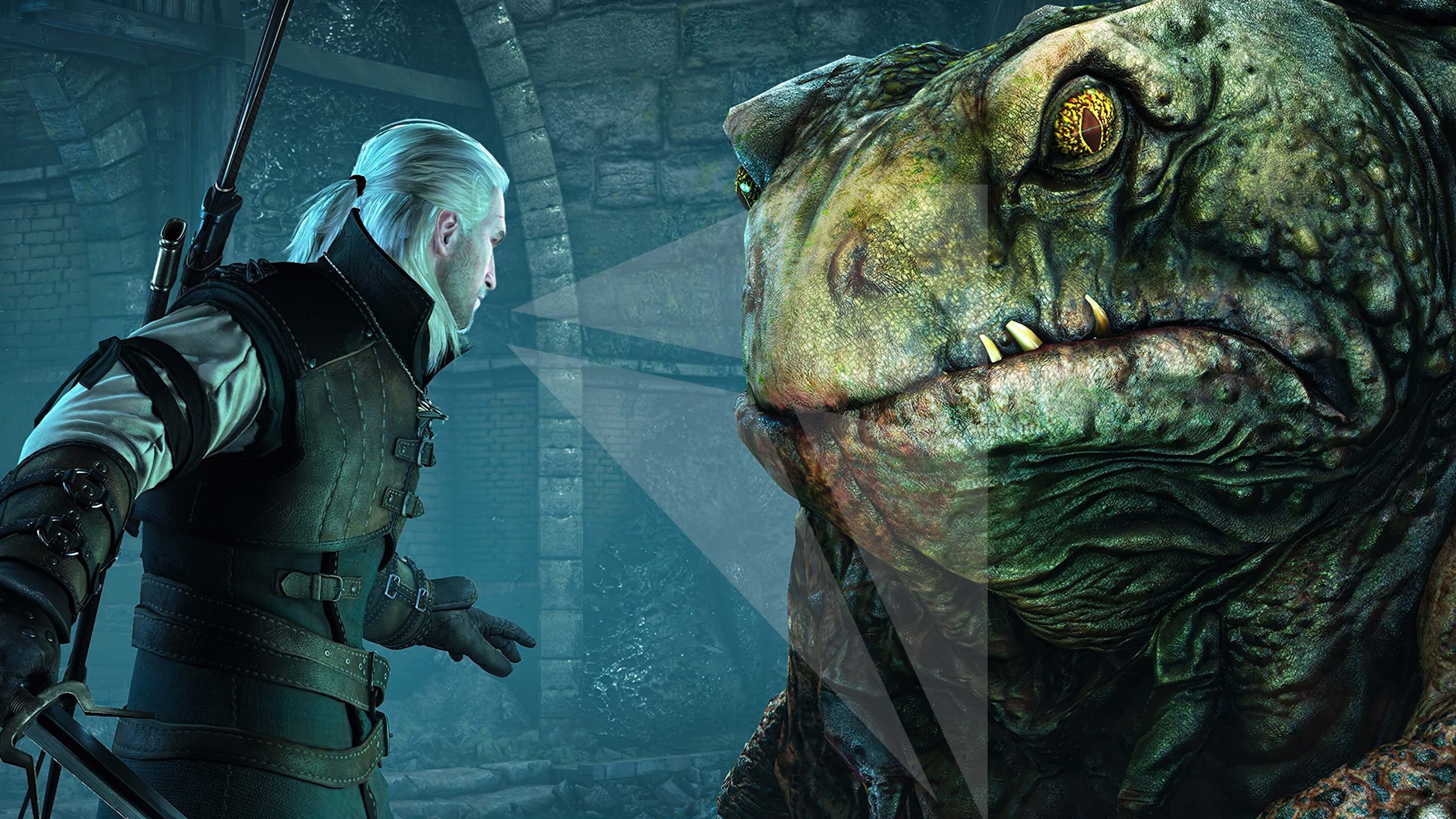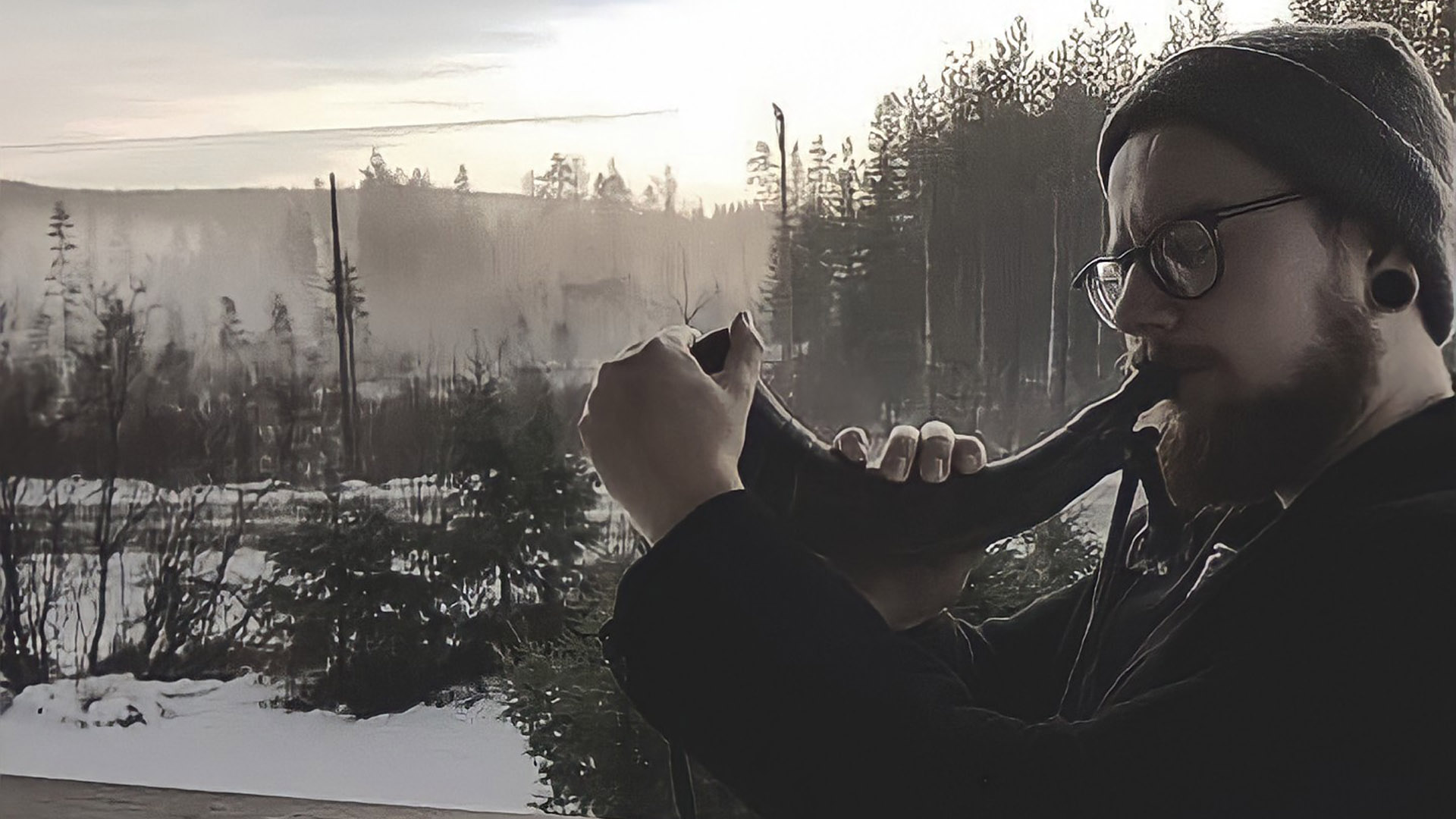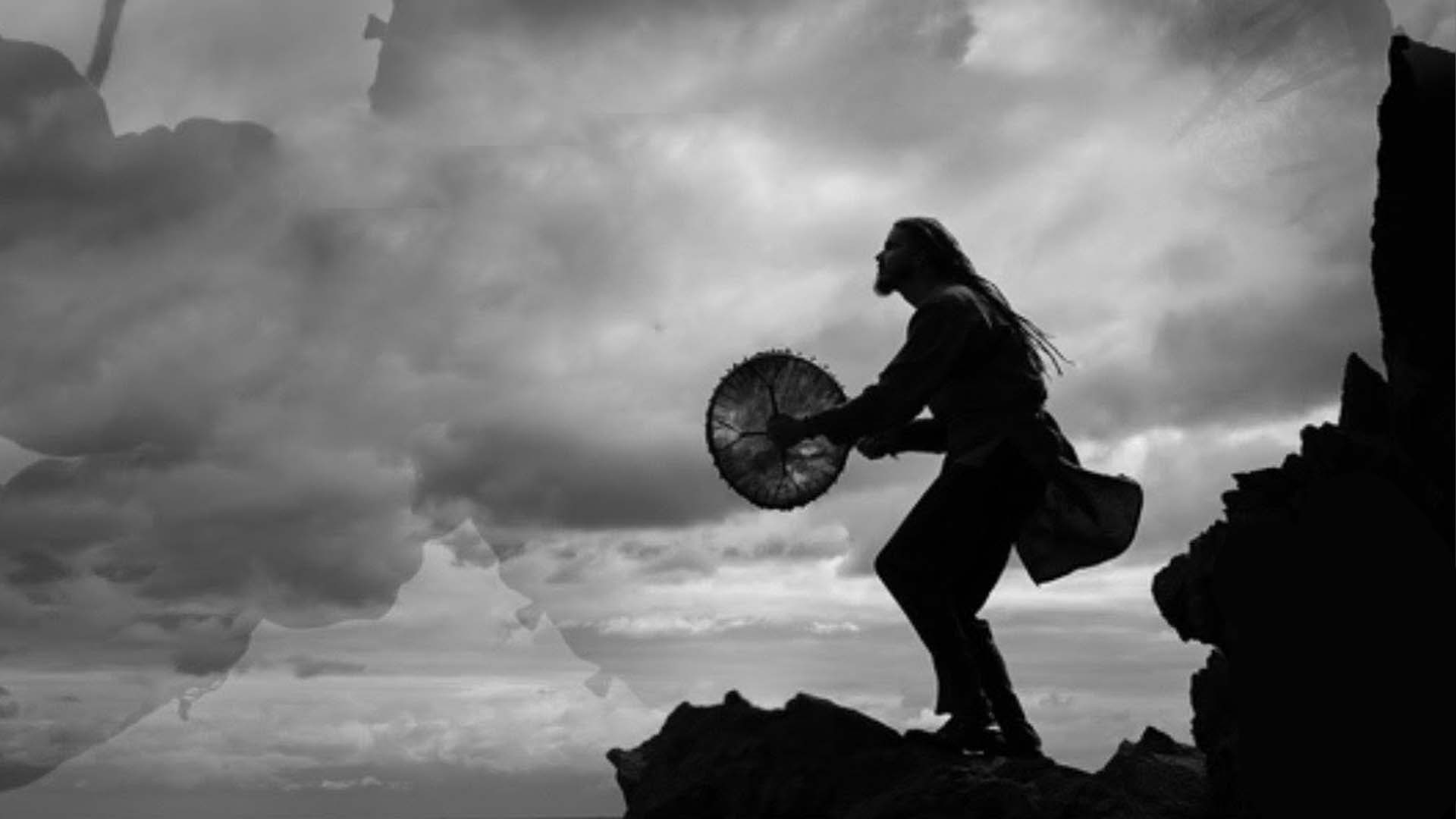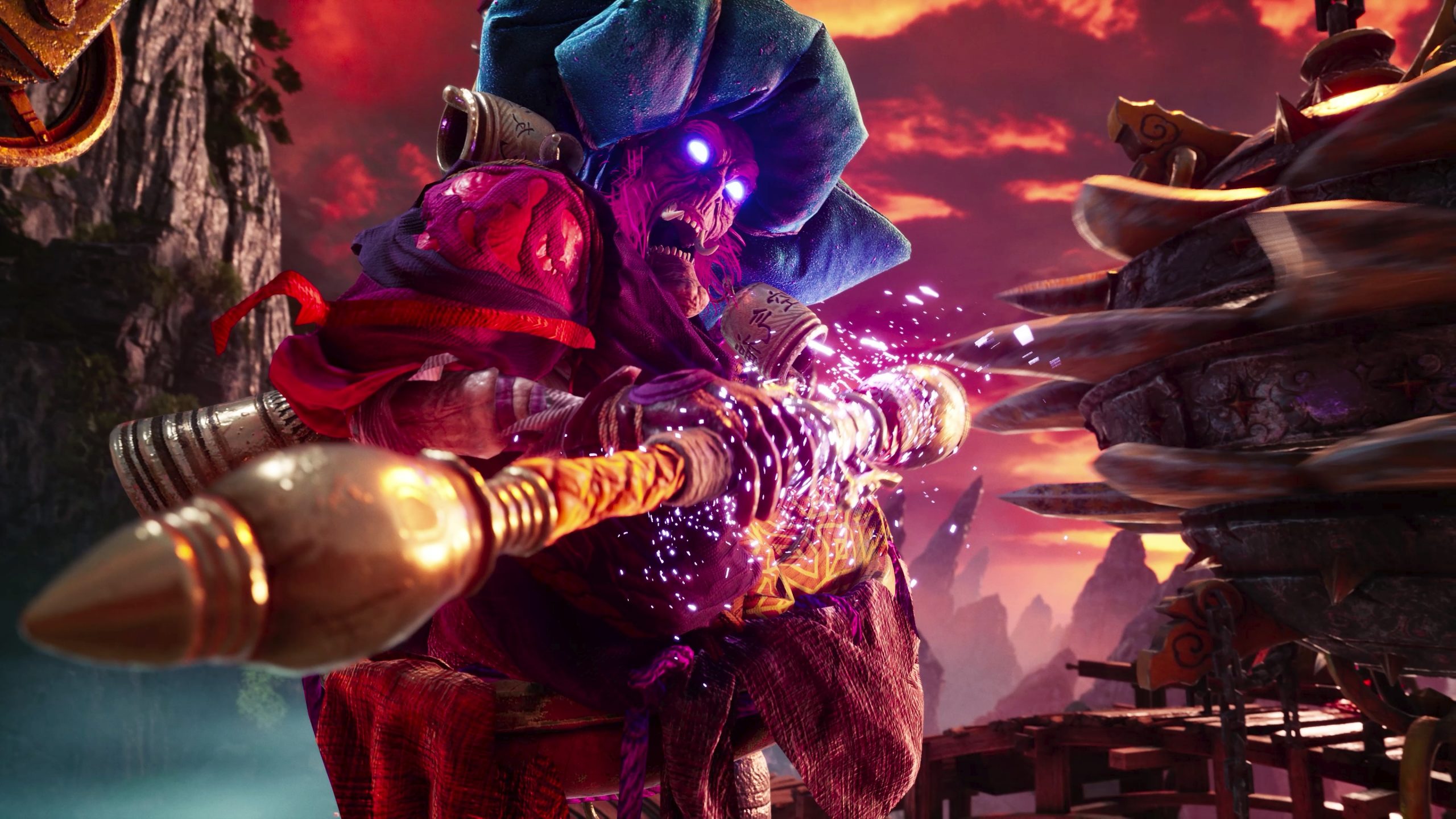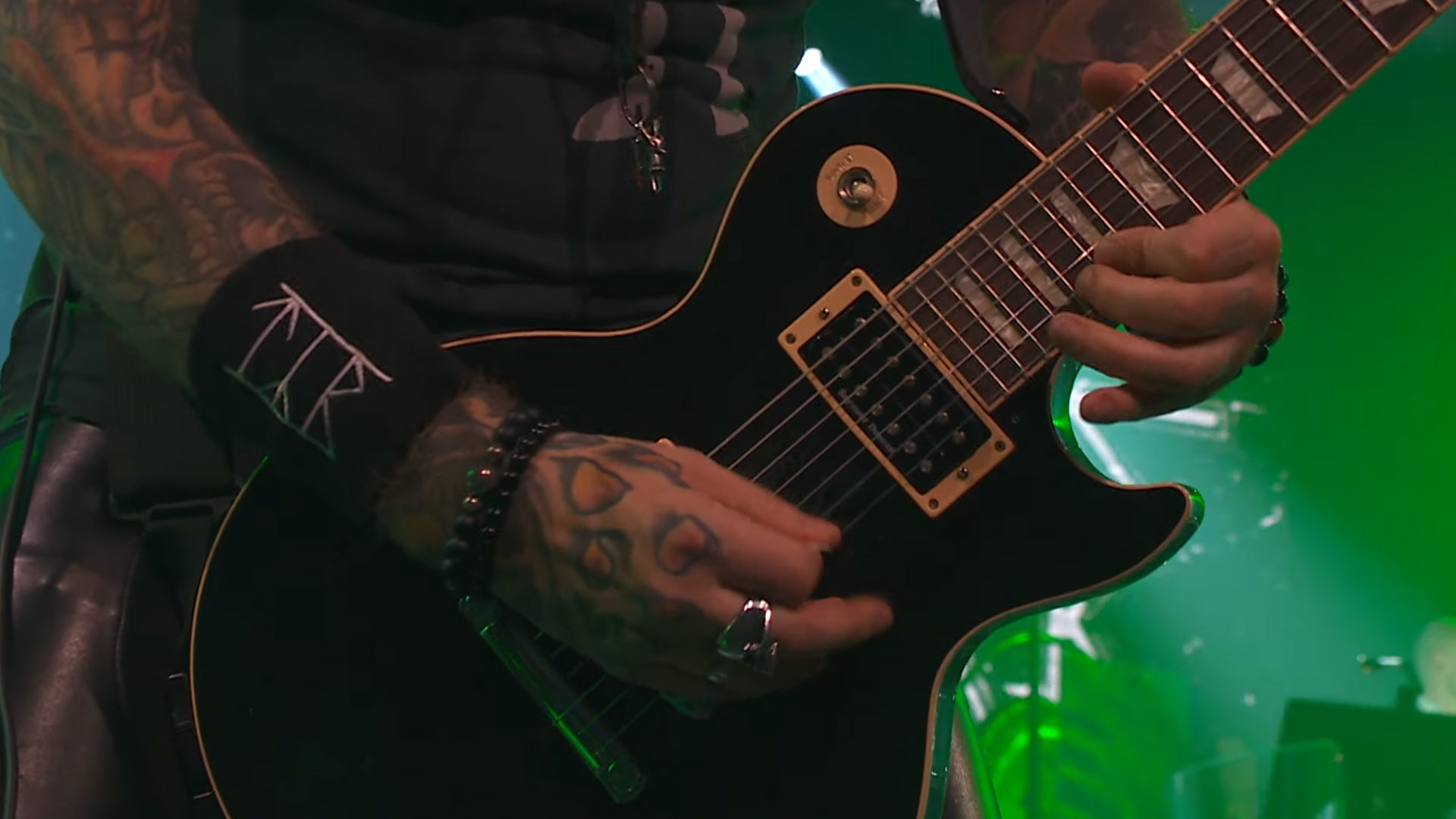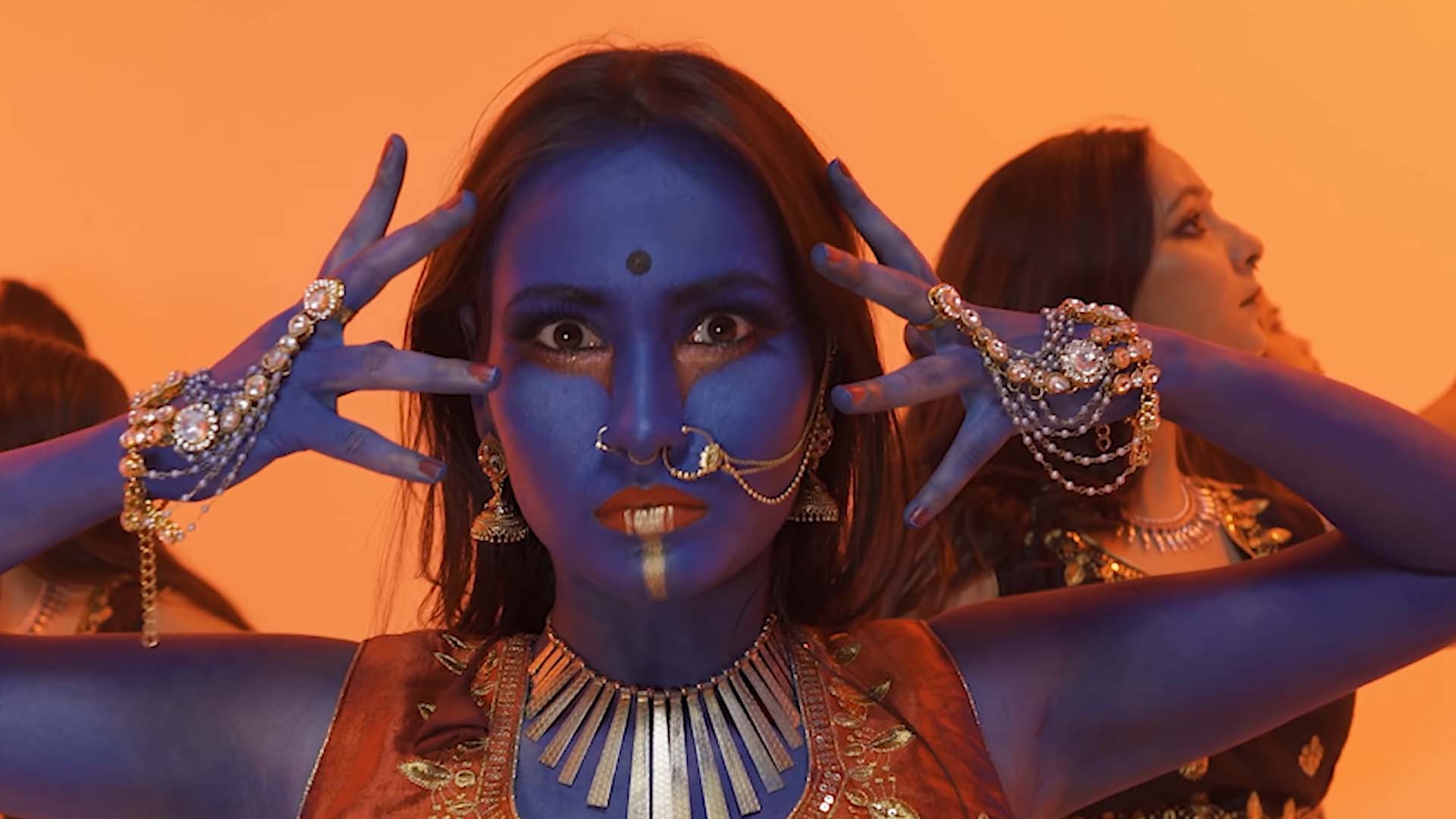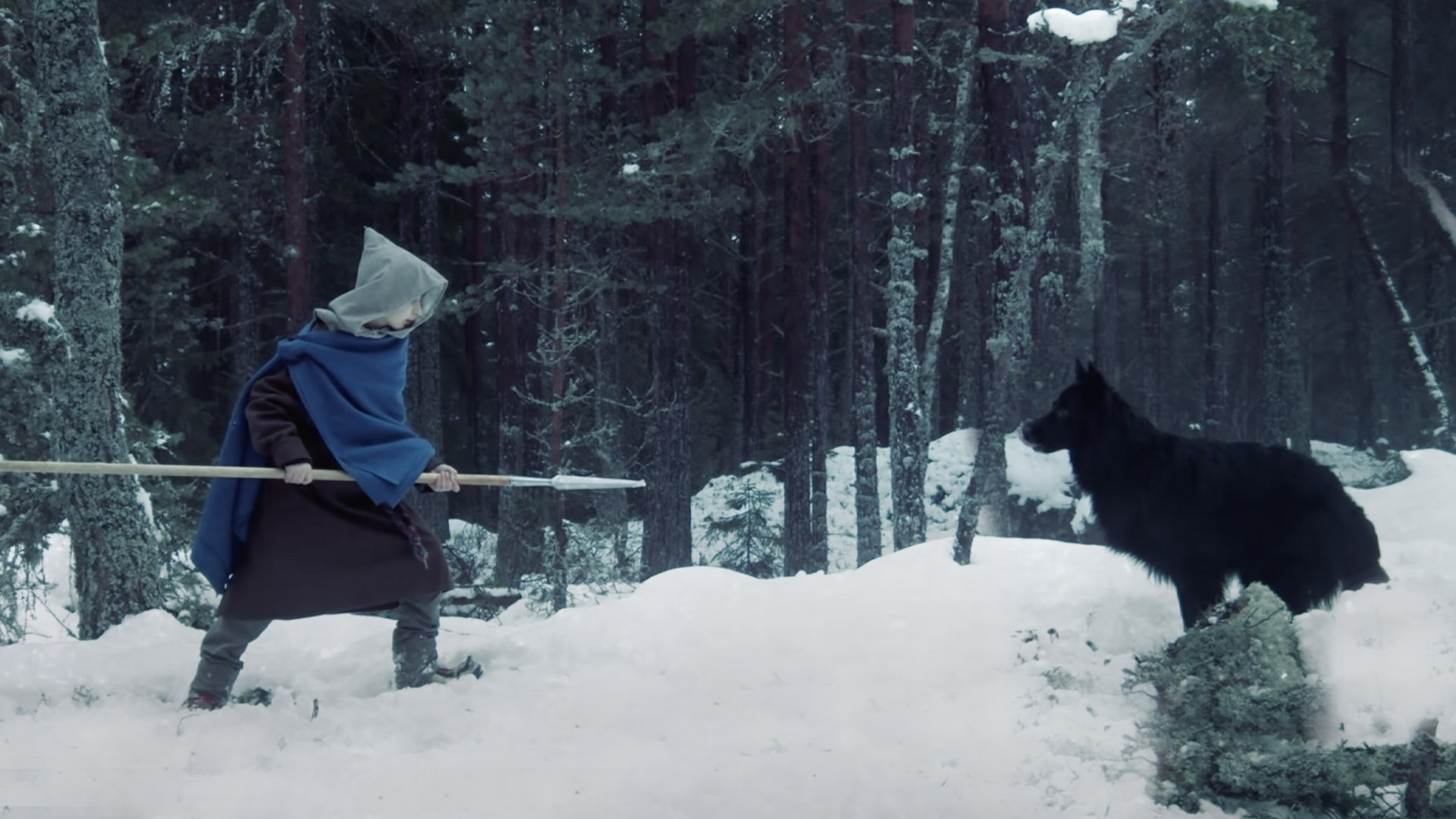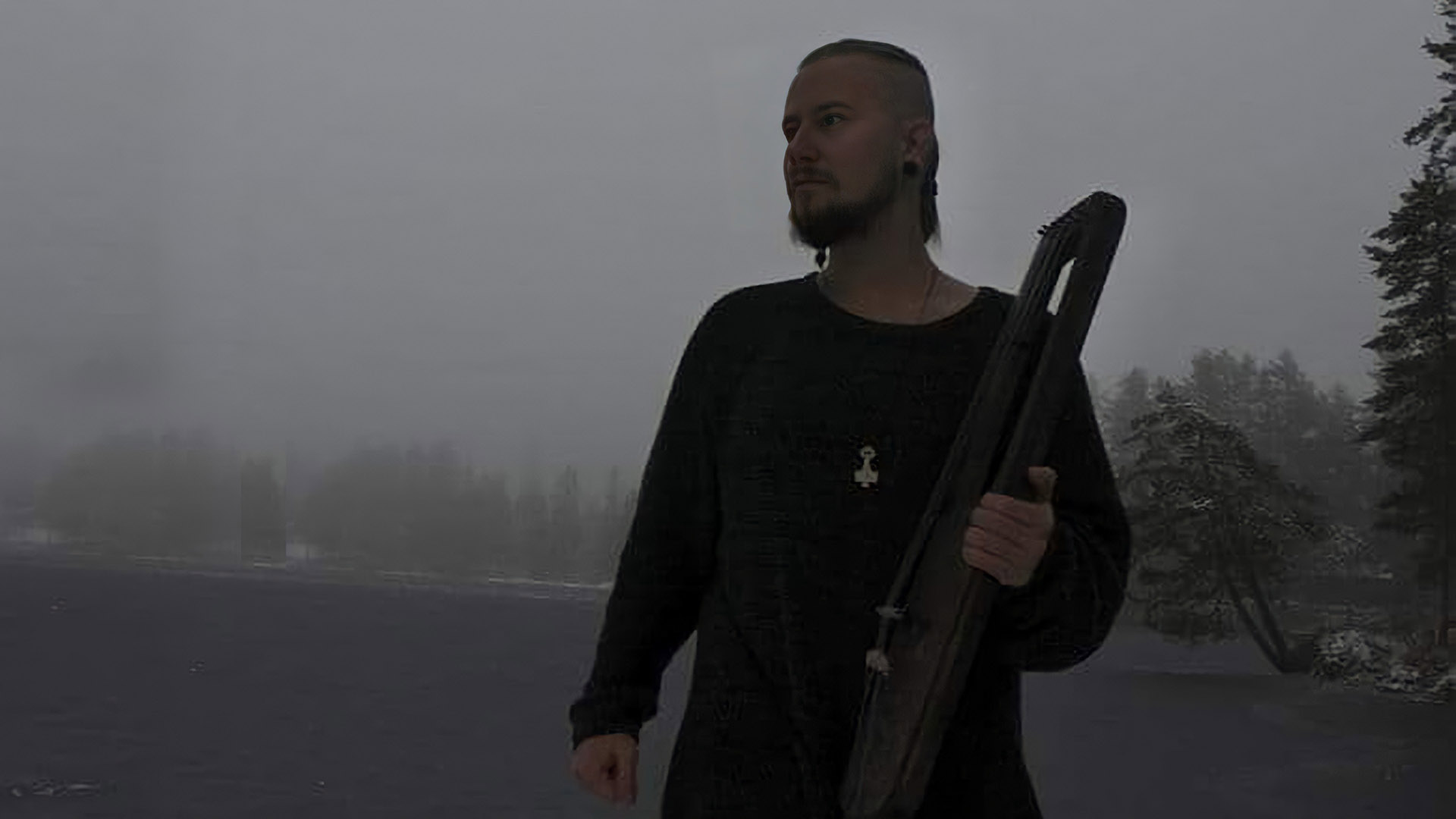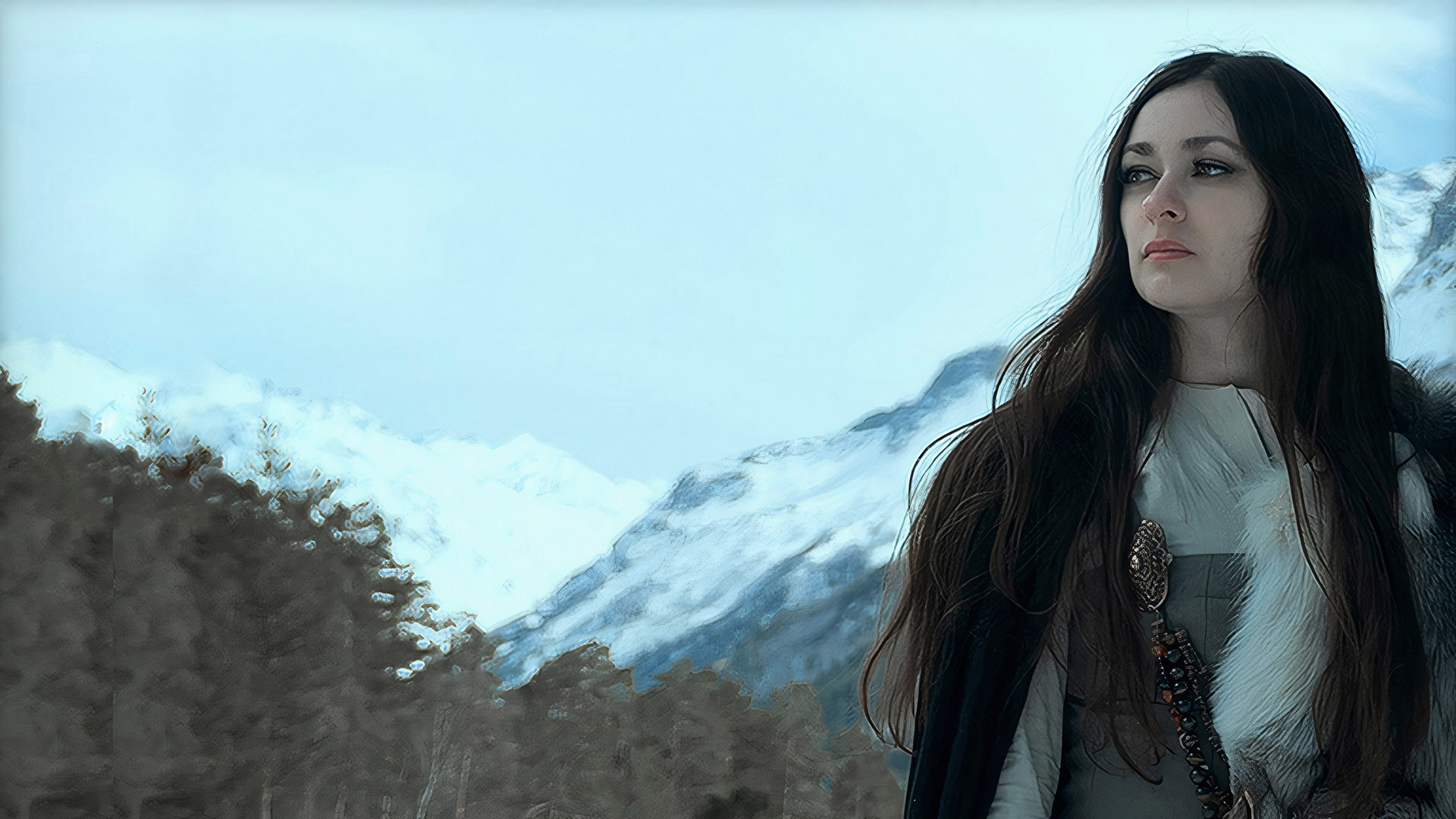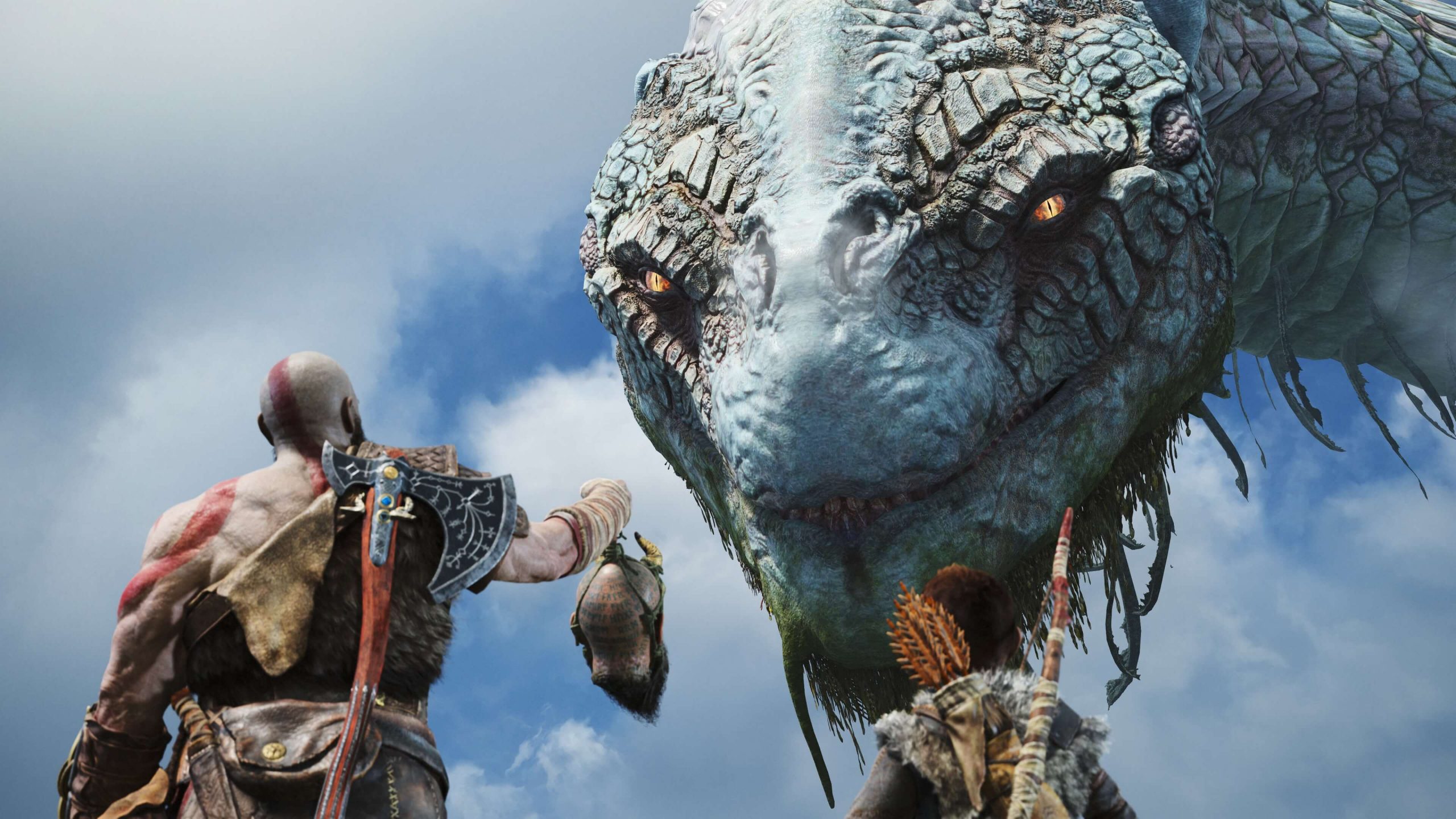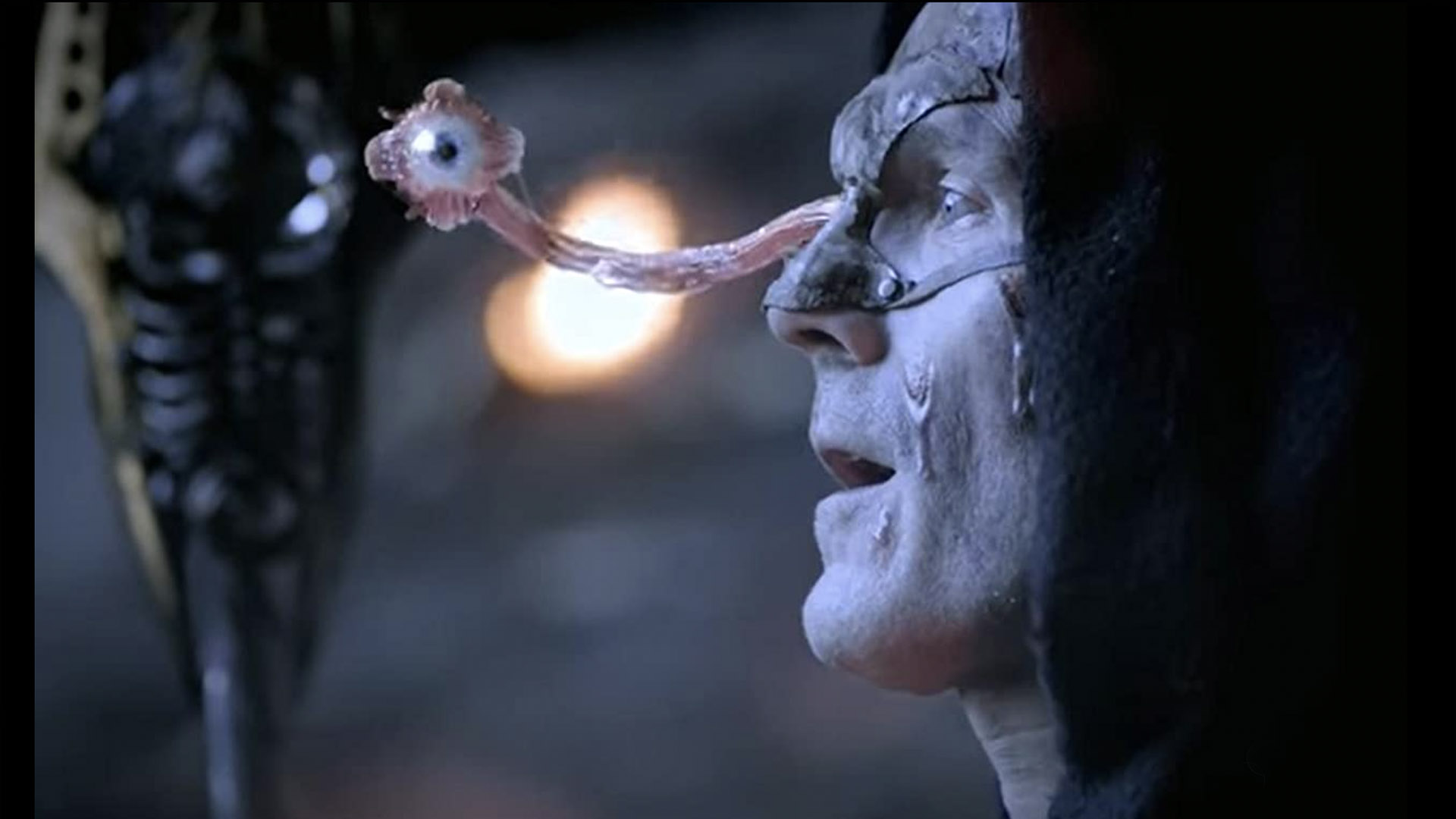March 25, 2021 — Netflix’s The Lost Pirate Kingdom wastes no time in getting underway with its story, the six-part docudrama diving straight into the story of the age of piracy and the historical events that saw the founding of Nassau and the rise of figures like Blackbeard, Anne Bonny, Charles Vane, and Benjamin Hornigold.
In some ways, this dead drop into the midst of the action is effective in setting the pace: there is no time to dwell on events that unfold as there is always a bigger story developing on the horizon. In execution, however, it is a little disconcerting to have a very little lead-in to the show and the format of talking heads interspersed with dramatic recreations takes some adjusting.
A colorful cast
Considering Black Sails will still be fresh in the minds of pirate-inclined viewers, the fact figures like Hornigold and Charles Vane (two of that show’s most flamboyant characters) truly existed away from the imagination of Robert Louis Stevenson is perfectly highlighted by the dramatizations that capture the daring raids, battles, and betrayals that make pirate so cinematically compelling. Exploring the real-lives of the men behind the legends, we see how many of the most-feared pirates often crafted their own legends as a much-needed survival tool to ensure ships would surrender rather than fight to the death.
Nowhere is this more prevalent than in the story of Edward Thatch, charting his progress from privateer to pirate and eventually ‘becoming’ Blackbeard – the most feared and reviled pirate of all. The series balances the legend and the reality remarkably well, exploring his history and past as a (comparatively) scholastic gentleman before descending into madness and betrayal as he slowly succumbed to the effects of syphilis.

Netflix — The Lost Pirate Kingdom
All the gory details
The Lost Pirate Kingdom doesn’t shy away from the raw guts of life in the age of piracy — quite literally. Executions aplenty pop up throughout the show’s duration, as well as the bloody outcome of battles, but the show also explores the seedy underbelly of pirate life. Though perceptions of the age are of lawlessness and brutality, the show goes to great lengths to highlight how pirates were, in many ways, freer and more inclined to equality than the society and kingdoms they have rejected.
Early on, many of the talking heads segments are dedicated to exploring the intersection of piracy and slavery. Exploring how some pirates took to raiding slave ships as a way of bolstering their ranks and directly attacking the cash-flow of their former masters, we see just why pirates were considered ‘enemies of God’— and it has very little to do with their drinking, philandering, and thieving. While at first, it paints a romantic portrait of pirates as recognizing the inherent inequality and brutality of the Empirical system, later episodes highlight the selfishness of many of the biggest names that used the slavery system as a means to an end as much as the societies they despised.
The show also has its fair share of stomach-turning moments. [Spoilers ahead!] Blackbeard’s final raid takes a brutal turn when he is graphically beheaded, though it is perhaps a more preferable fate to the one that would have lay in store had the after-affects of his… unorthodox method to cure syphilis kicked in, as we watch him inject mercury directly into his penis to try and alleviate the damage done by the disease.
Legend Versus Reality
Initial pacing issues aside, The Lost Pirate Kingdom comes off as a terrifically in-depth look at the world of 18th Century piracy as it explores the society, stories, and ultimate fates of its subjects. The use of talking-head segments with experts helps frame the narrative while Derek Jacobi often punctuates the narrative with a sense of drama to perfectly underpins the series’ usage of dramatic re-enactments. In truth, there is a palpable sense that the themes, world, and culture explored by TLPK series creators could easily have spun out into a much more expansive examination, but so far as a first season introduction goes we get a strong run-through of the most vital themes, figures, and events.
Each episode has a thrust which introduces a different facet and motivation for its subjects – the first episode’s exploration of the effects of imperial colonialism and the empirical system sets the stage for the conditions facing the desperate men (and women) who ultimately became pirates. From there, we become attached to the characters as we follow their successes and downfalls, watching as tragedy strikes some, while others descend into villainy and ultimately defeat. By the time the series ends a sense of rapidity creeps in that mirrors the pirates’ own situation – they (and we) know their world is ending. As such, one of the narratives – that of Anne Bonny – that has quietly boiled away throughout the series isn’t given as much in-depth examination as one might hope, but still stays in keeping with the rest of the series narrative thrust to end the series on a logical close point.
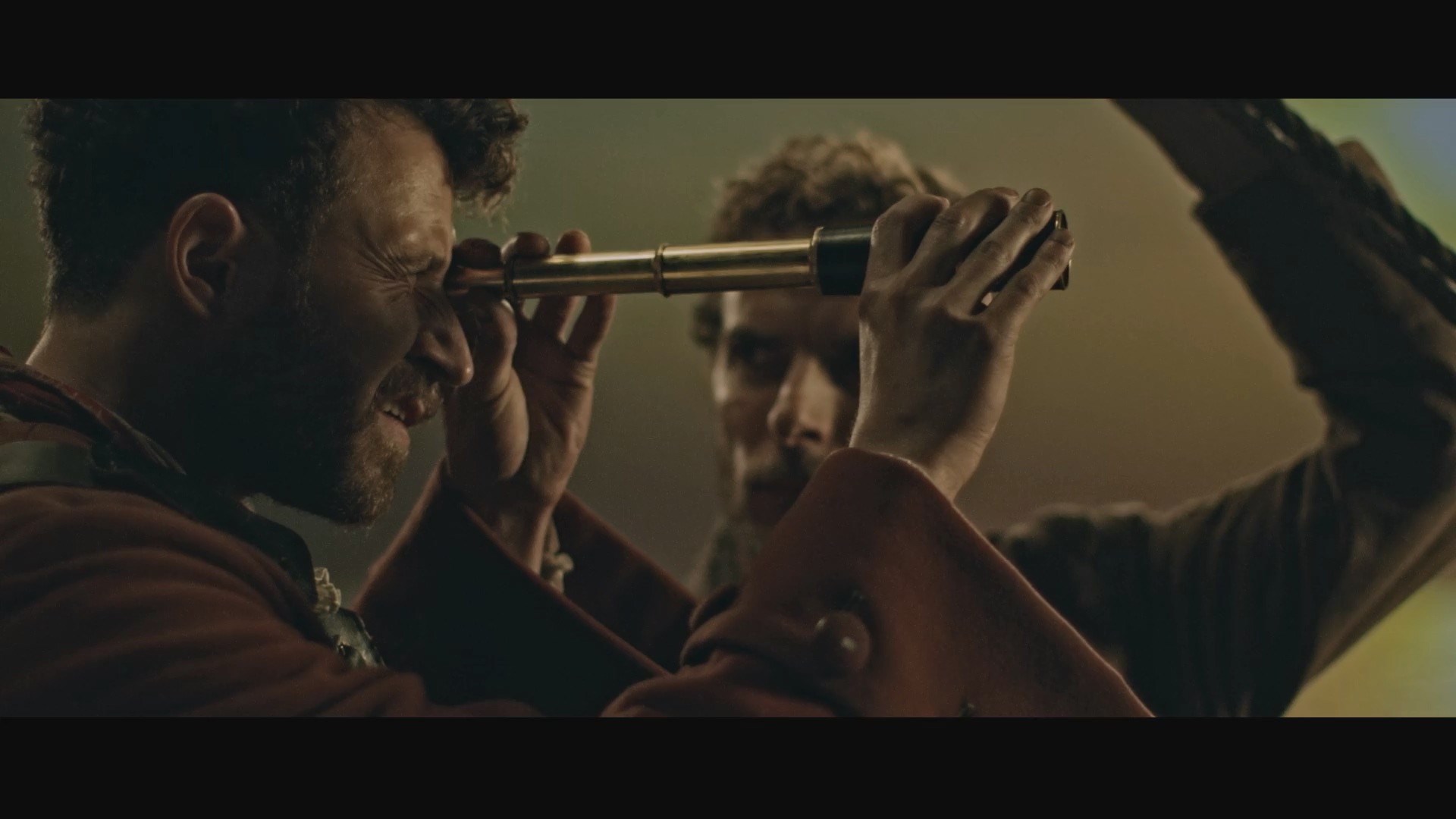
Netflix — The Lost Pirate Kingdom
Ratings Success — The Future of Silverscreen Piracy
Whether a second season of the show will be commissioned remains to be seen – its ratings success (becoming the 2nd most-watched show on Netflix the week of its release) certainly suggests a thirst for more exploration of the history of the blight of the high seas. Where the second season could go is anyone’s guess – the run-down of Nassau’s motley cast of characters indicates that a return to the locale would just be re-treading old ground, but there are certain threads set up by the first season of The Lost Kingdom of Piracy that beg to be explored. Not least of these is the history of pirates’ predecessors, privateers (essentially sanctioned pirates who would attack the ships of enemies of the crown) and acts of piracy happening away from the Caribbean, the story of privateering tightly interwoven with the series’ own narrative.
While perhaps not the most in-depth or revelatory docuseries on piracy, The Lost Kingdom of Piracy makes full use of Netflix’s propensity for creating world-class entertainment to craft a series that is hugely engaging and has mass appeal. With the pirate archetype resurfacing in popular culture this past 20 years (in no small part thanks to both the Pirates of the Caribbean series of movies and Black Sails on TV), the show is a perfect primer for anyone interested in the real-life history behind the setting and offers plenty of fun, quirky insights that will delight even the most well-read historian.
Verdict
7
Out of 10
The Good
- The dramatic elements heighten the beats of the narrative.
- Balances a sense of freedom and adventure with brutality, impartiality — and even comedy — for a nuanced look at the subject.
- The exploration of piracy goes deeper than the usual look at characters and deeds – we get an insight into society and economics that truly flesh out the motivations and realities of life at sea.
Additional thoughts
- Early on, the production looks cheesy, detracting from the scope of the overall show.
- The spread of subjects and characters covered by the show can be overwhelming, leaving little time for events to develop before the next plot point.
The Lost Pirate Kingdom (2021) Director: Patrick Dickinson, Stan Griffin, Justin Rickett Writer: Patrick Dickinson, David McNab Starring: Sam Callis, Derek Jacobi, Tom Padley, Mia Tomlinson, James Oliver Wheatley





